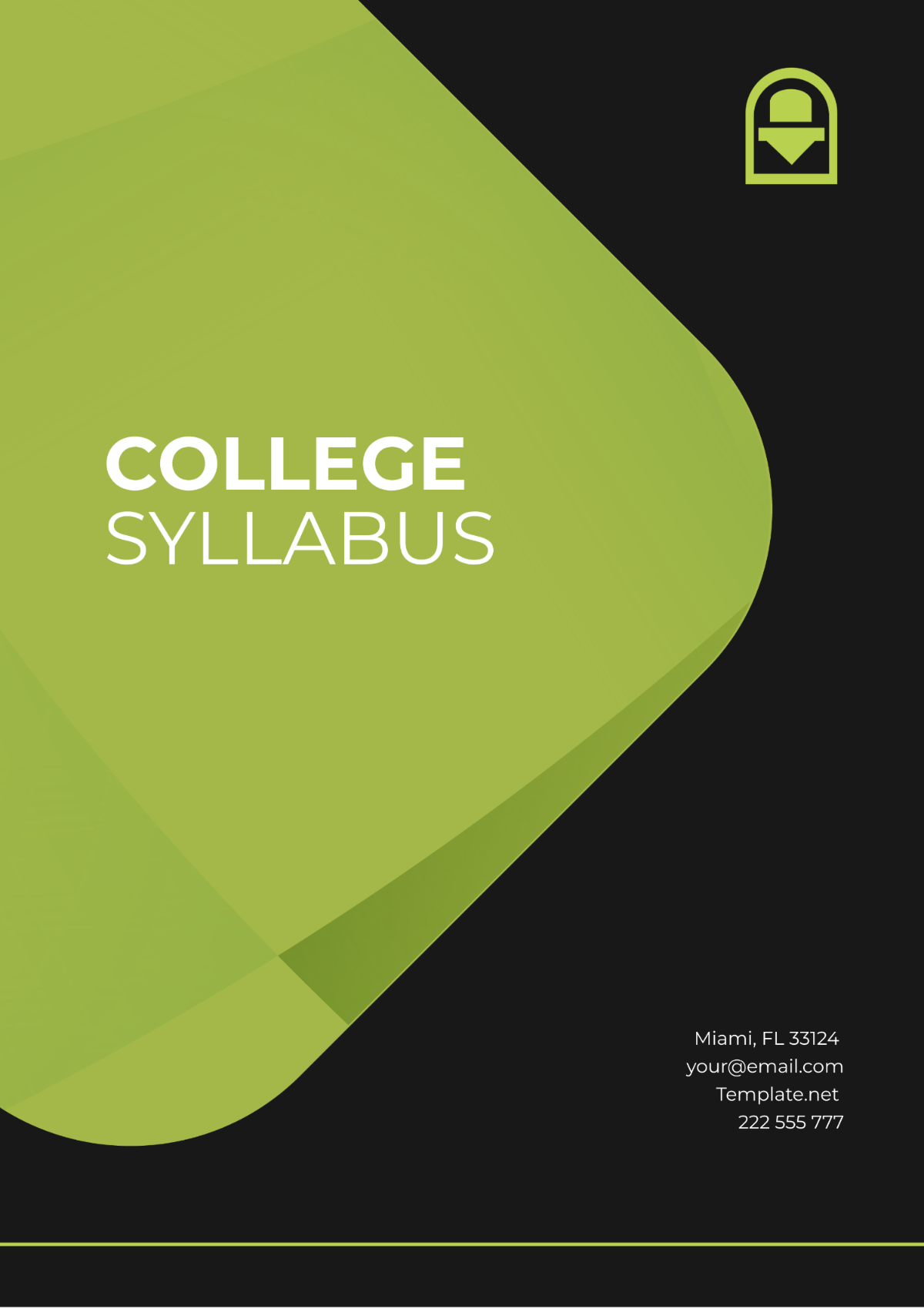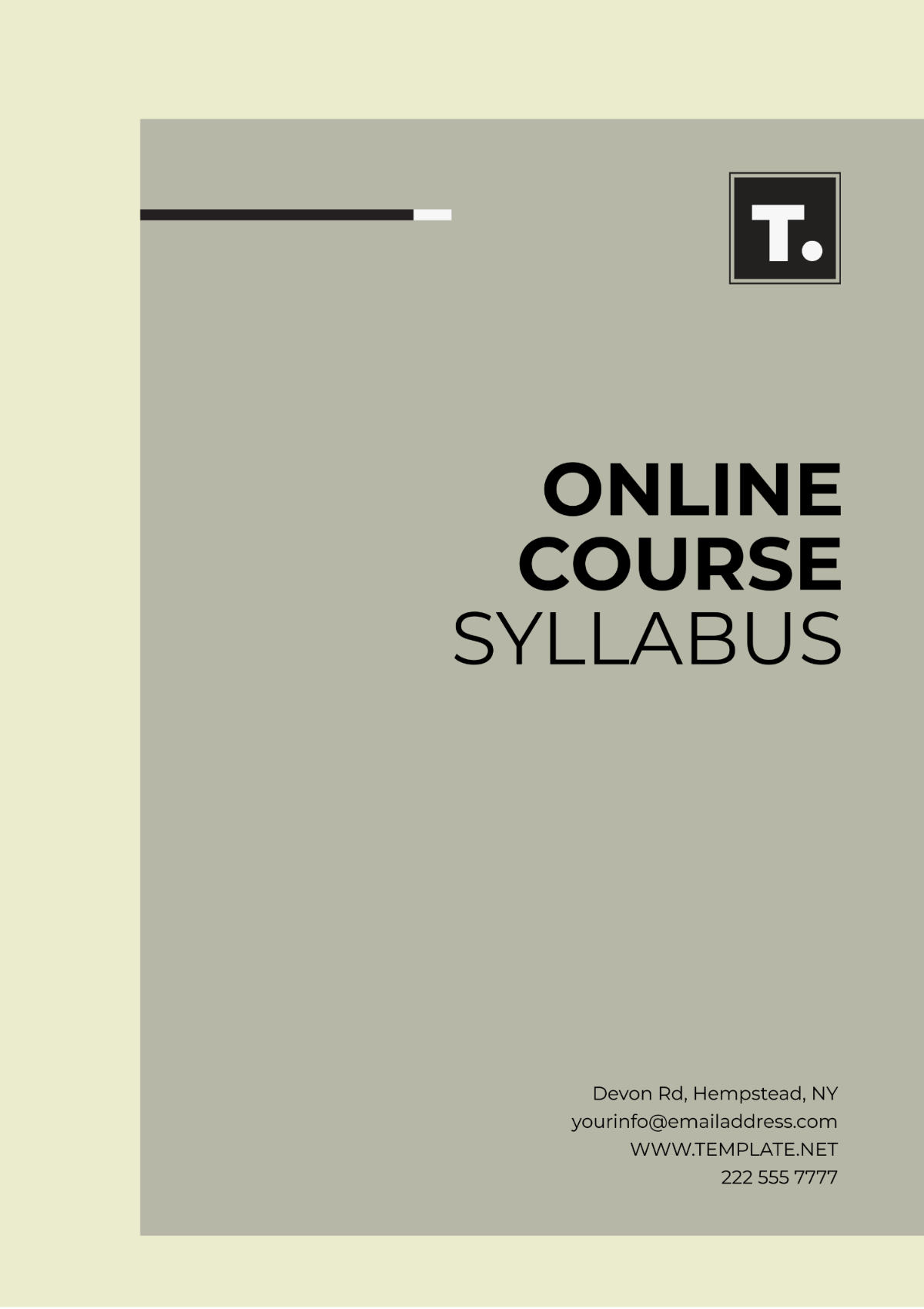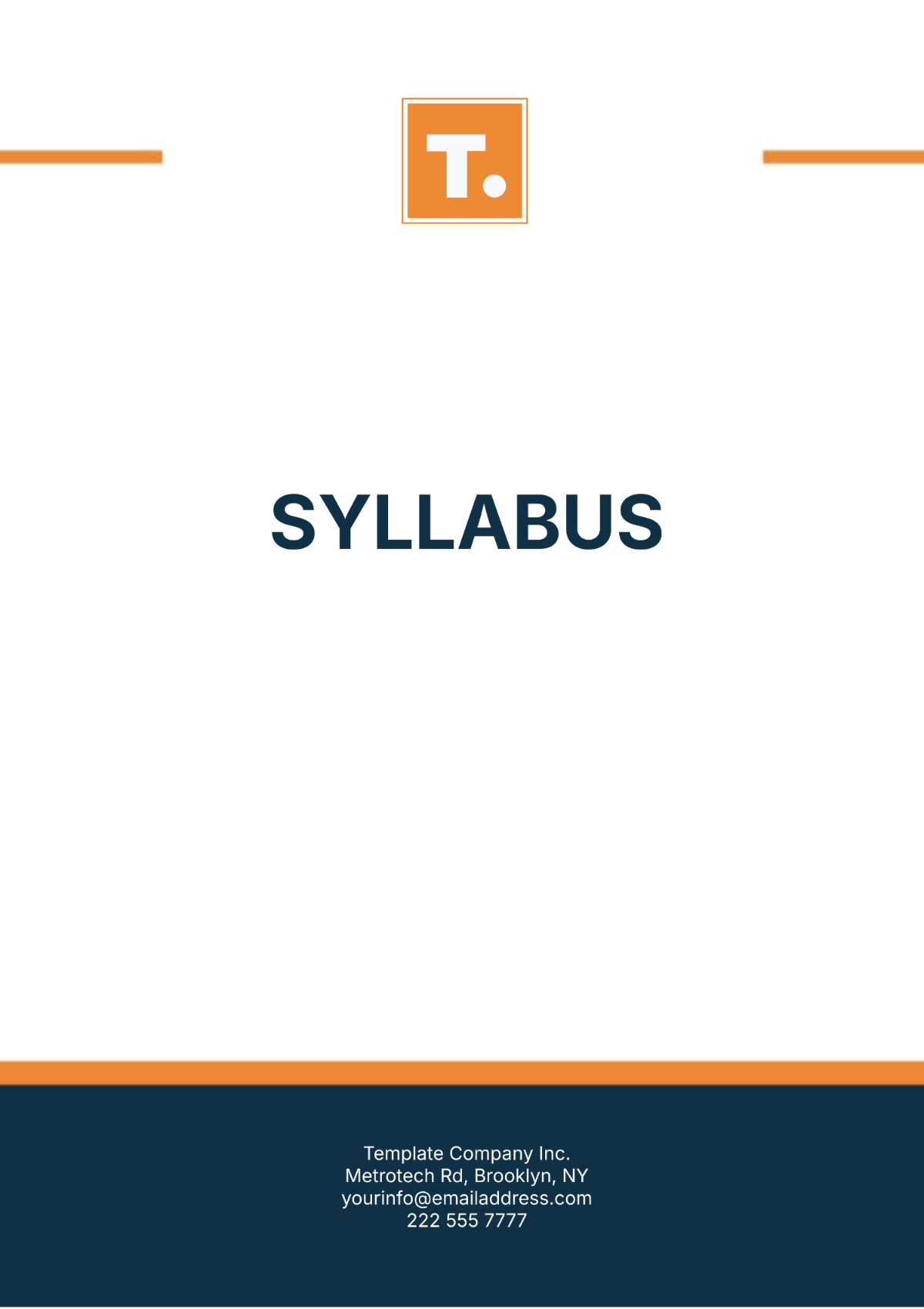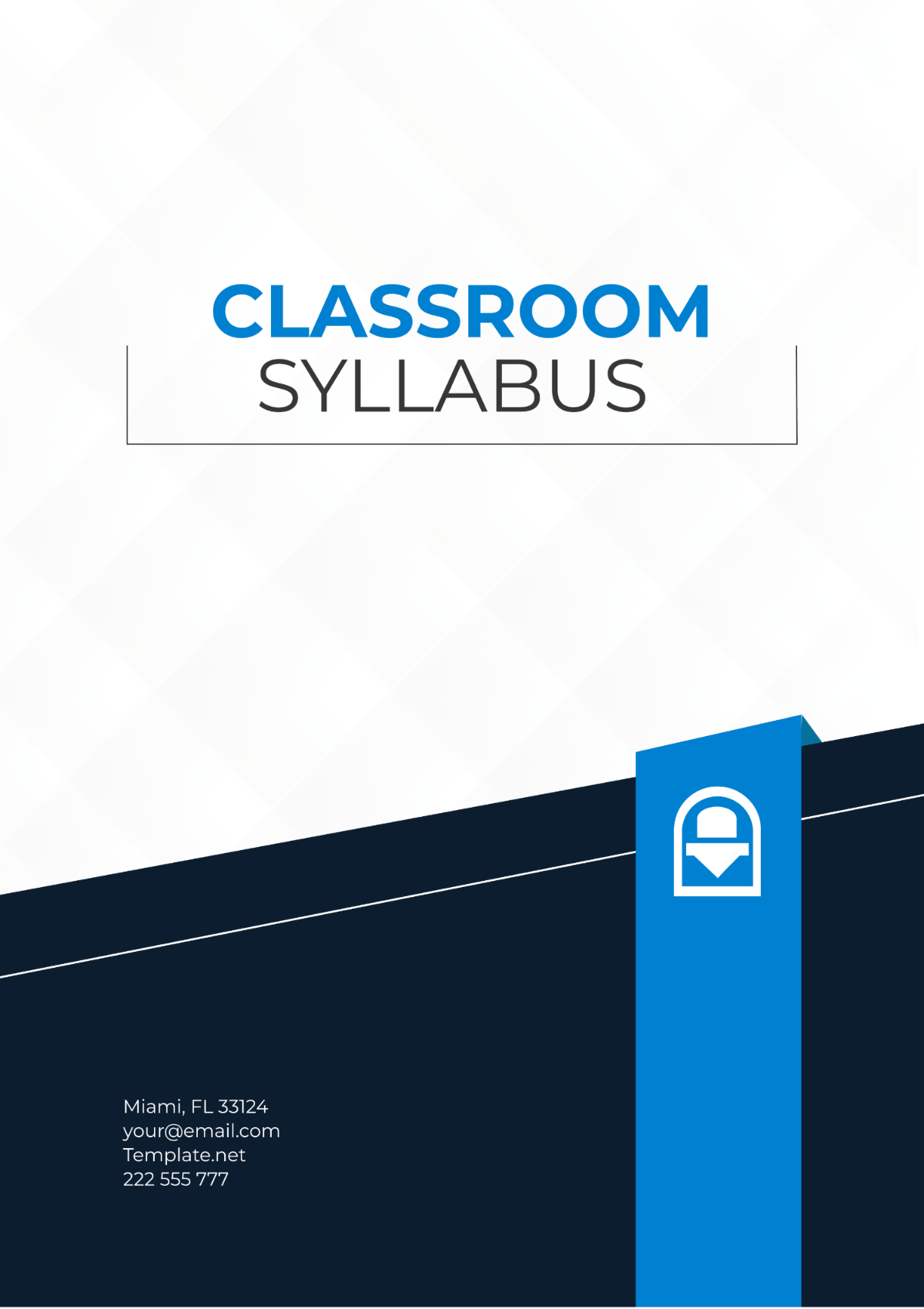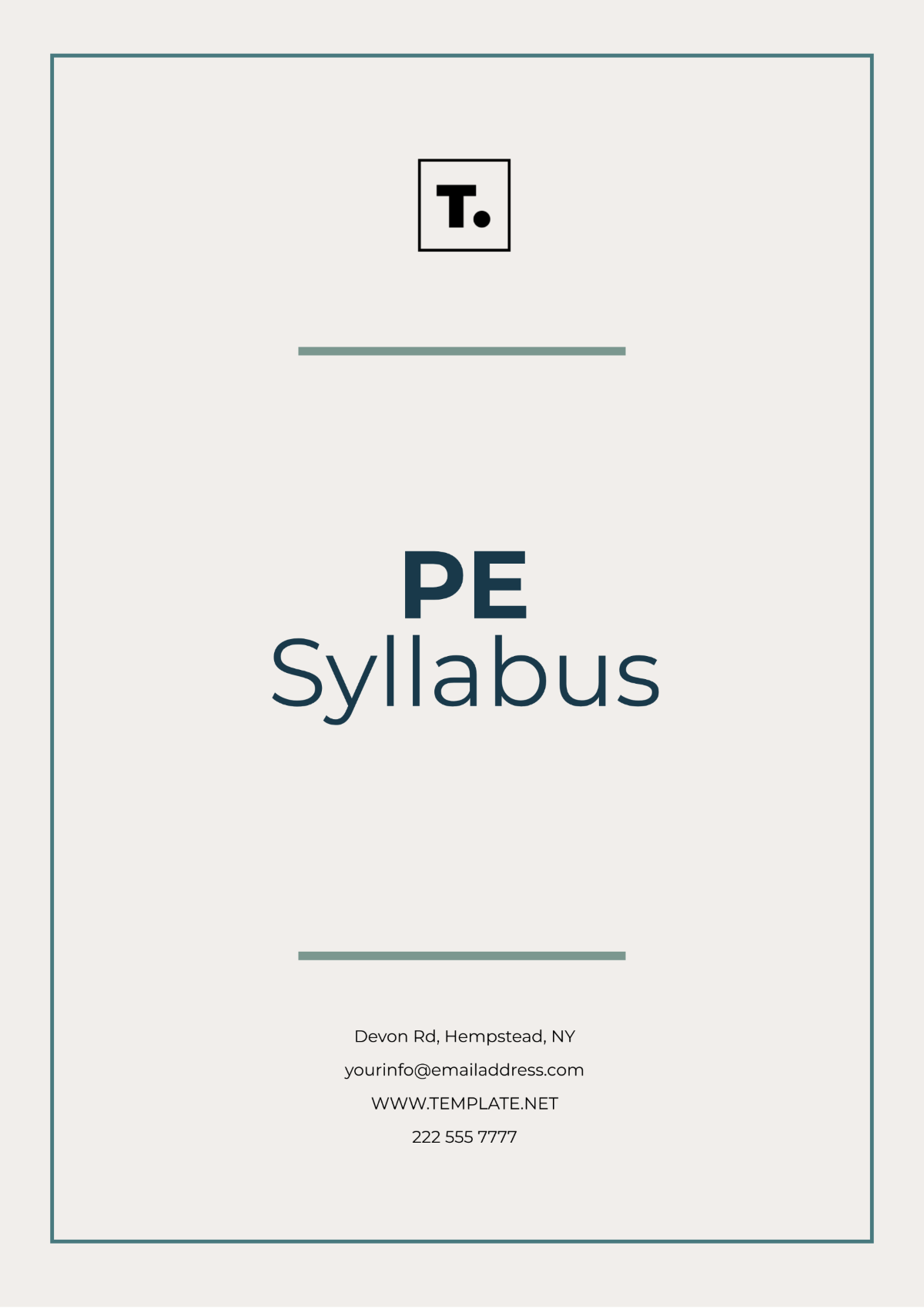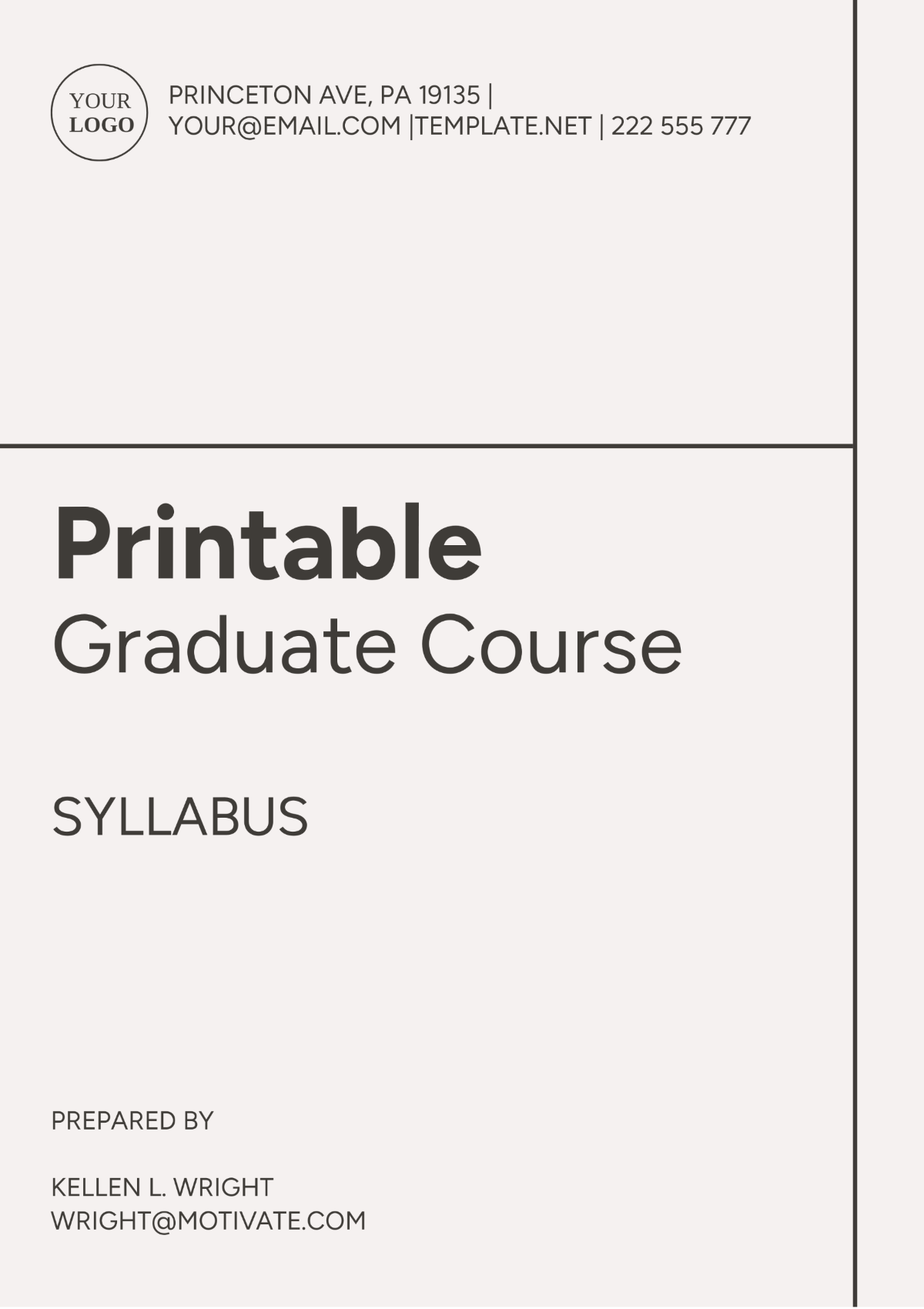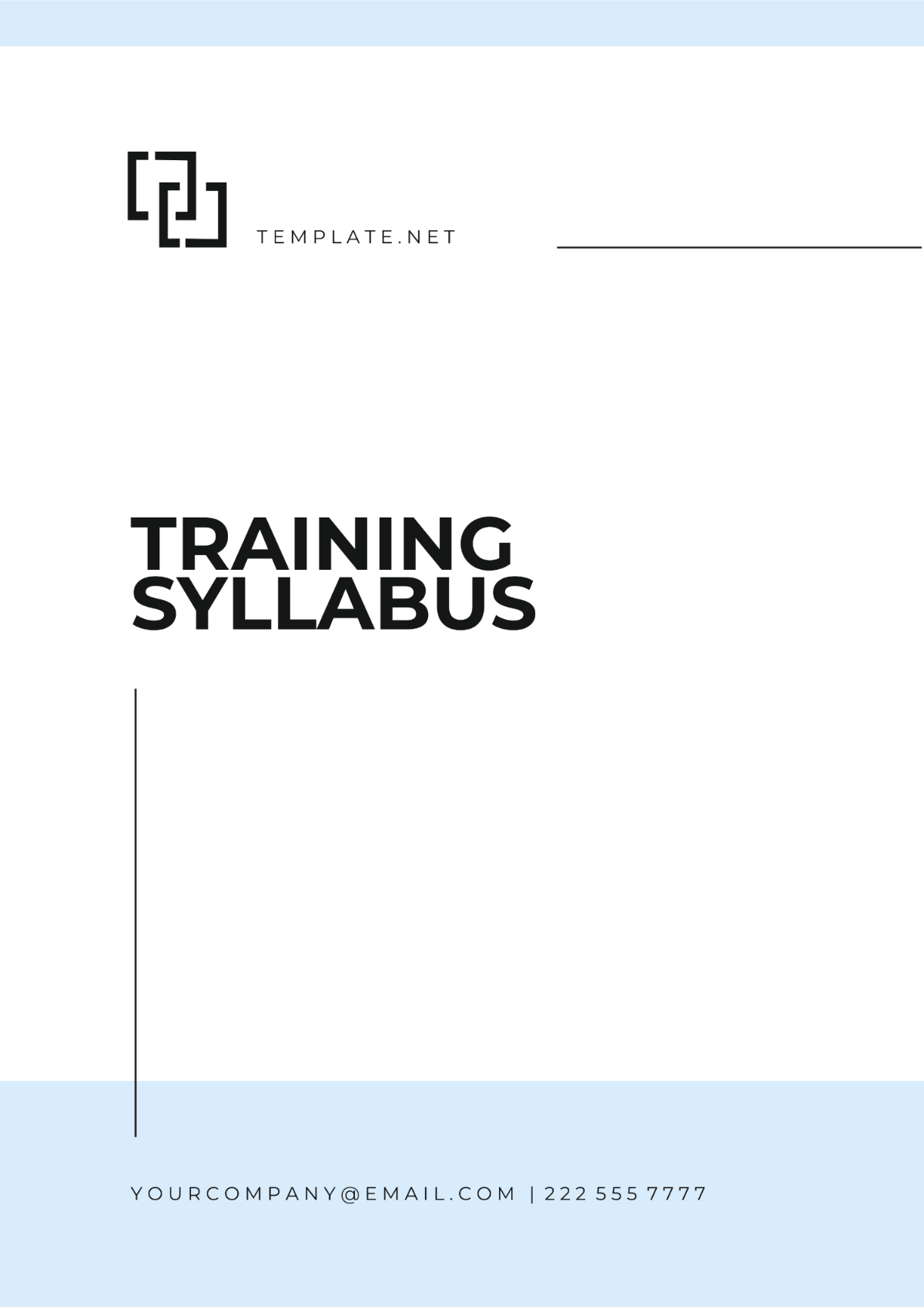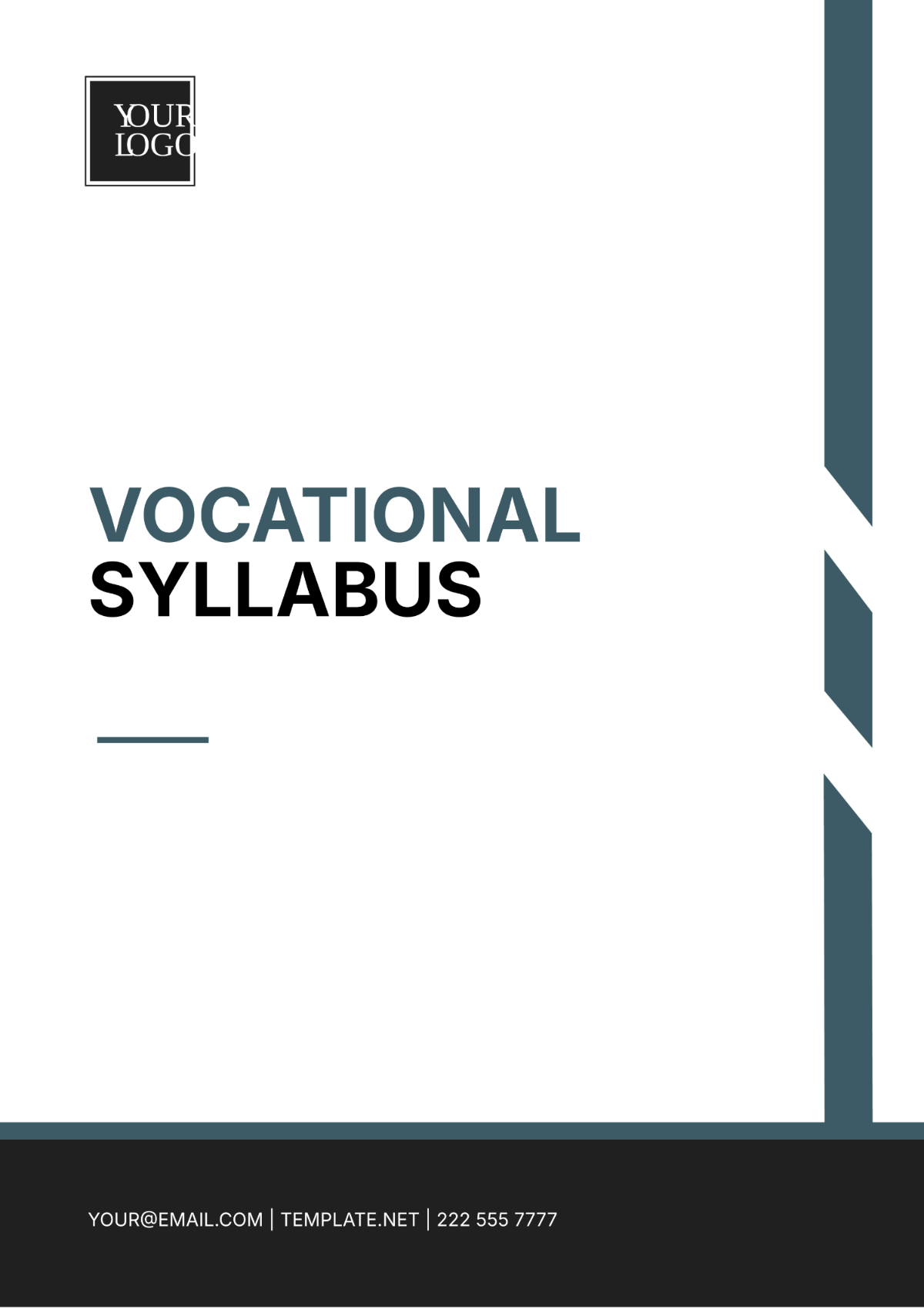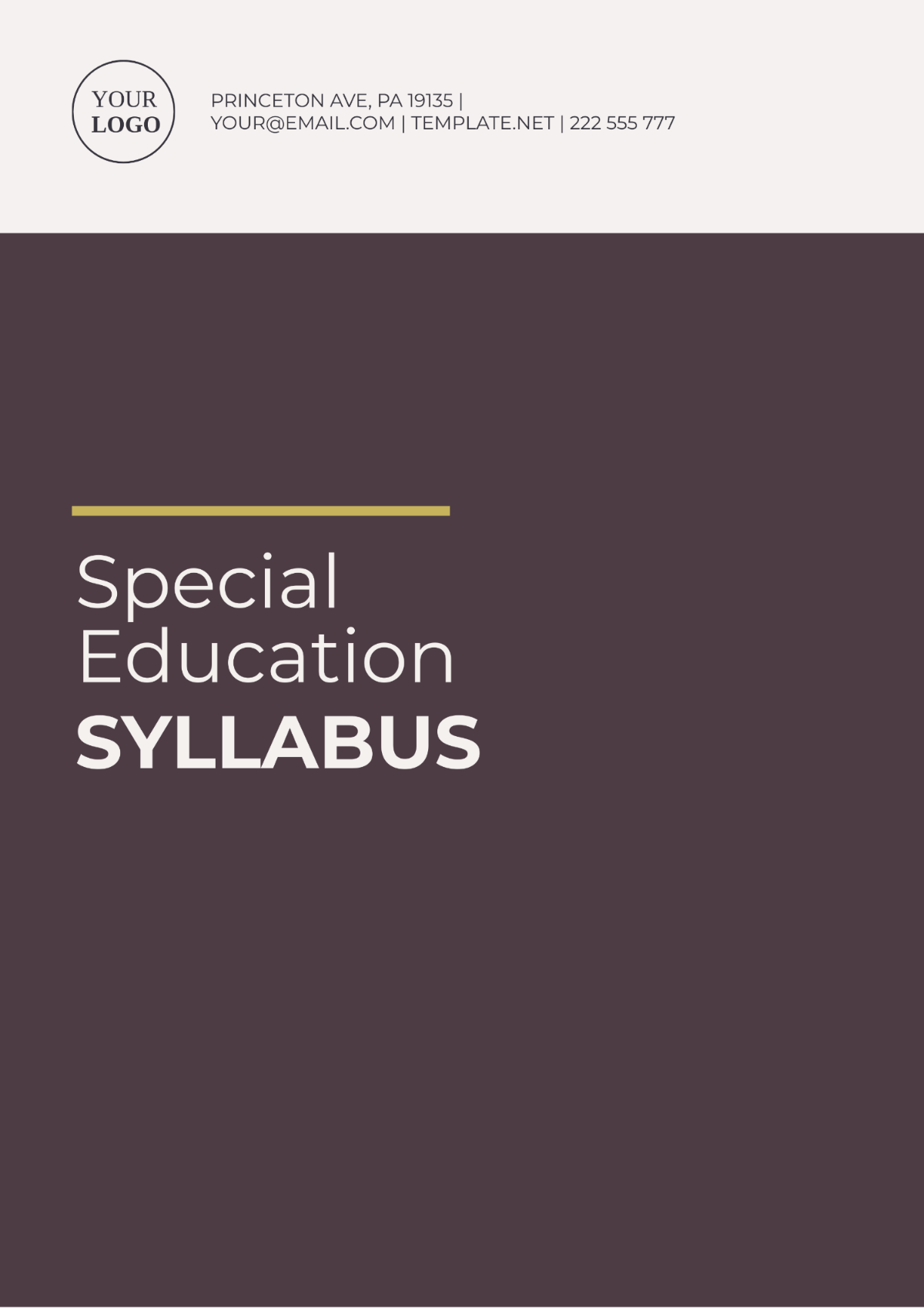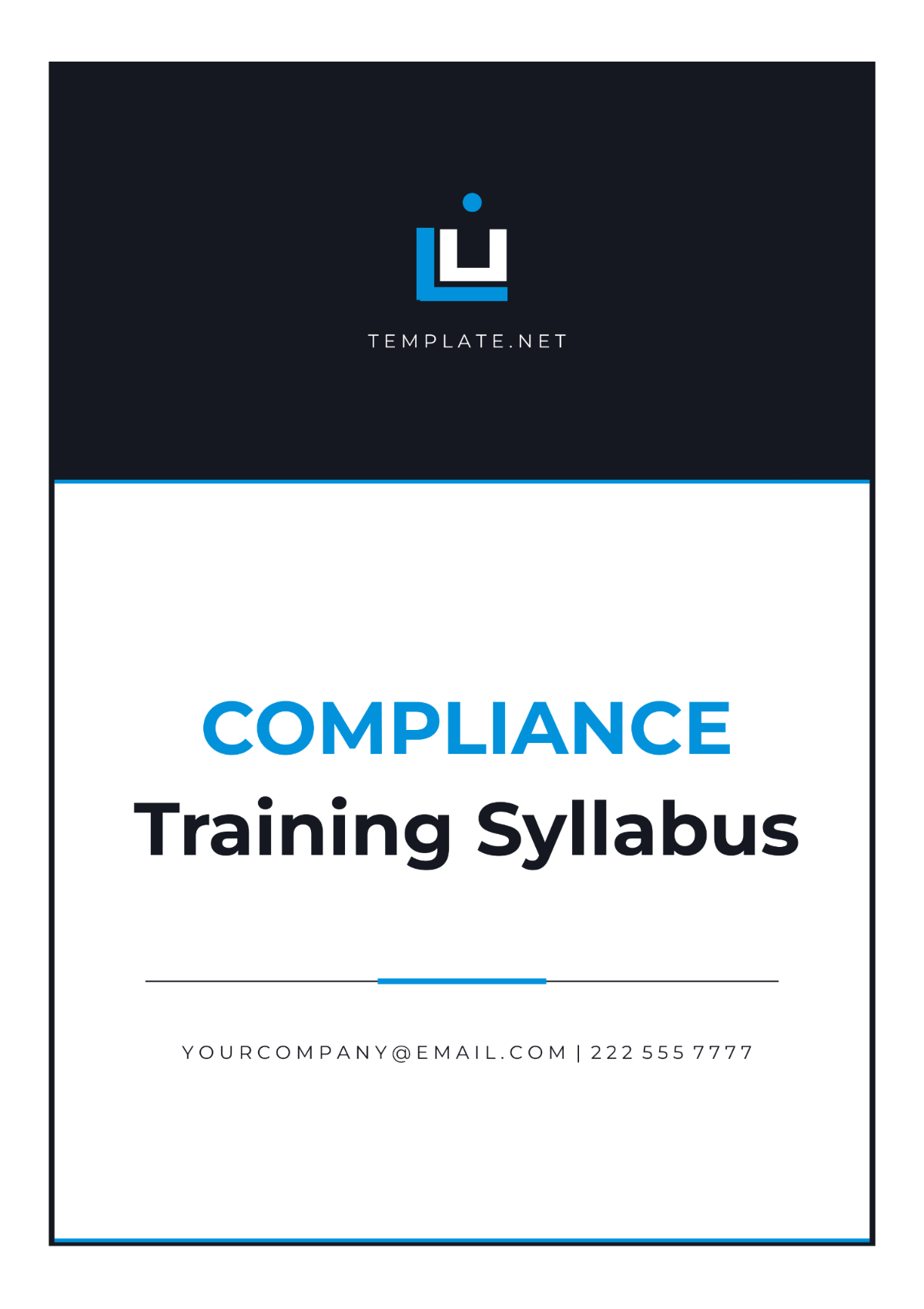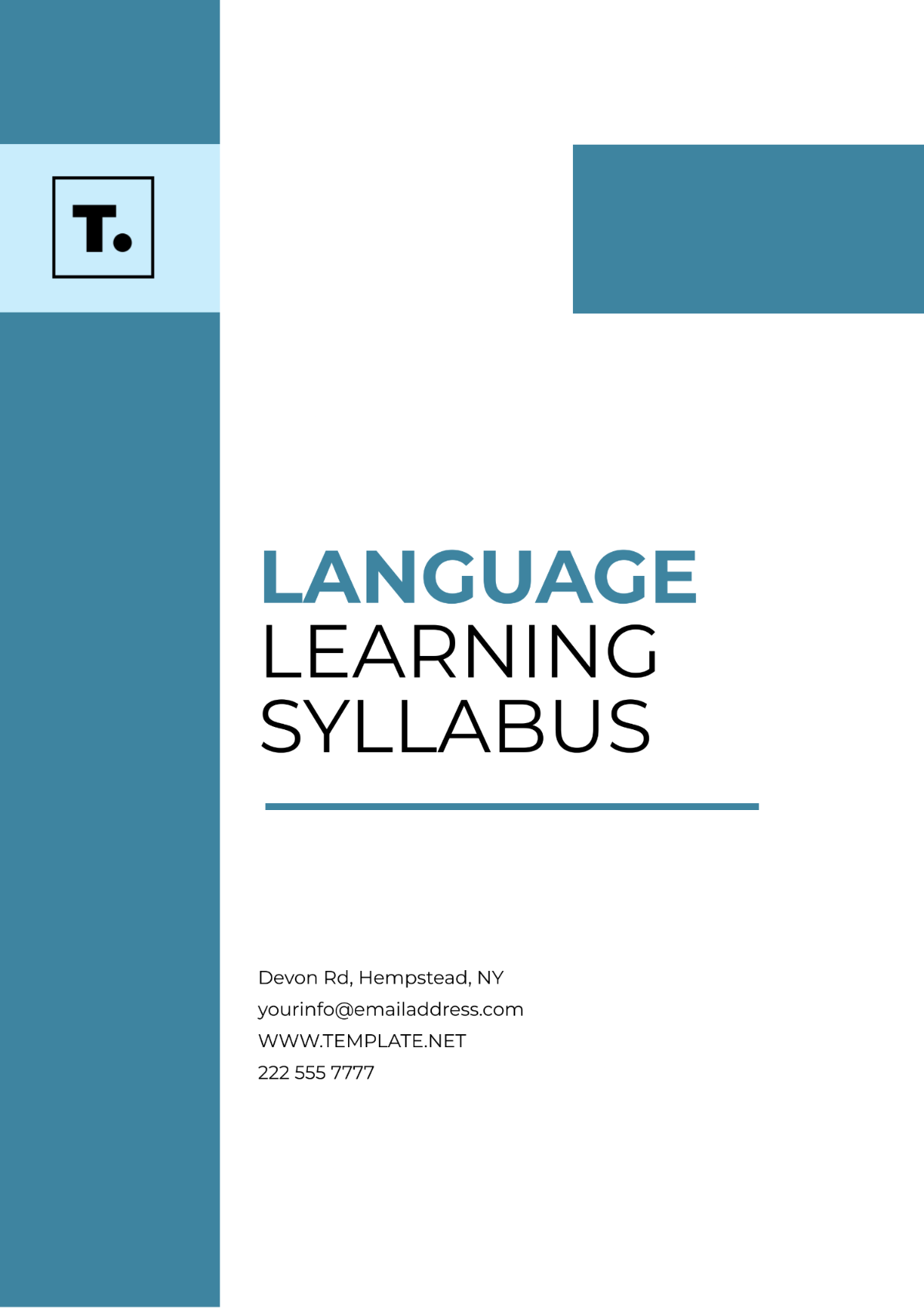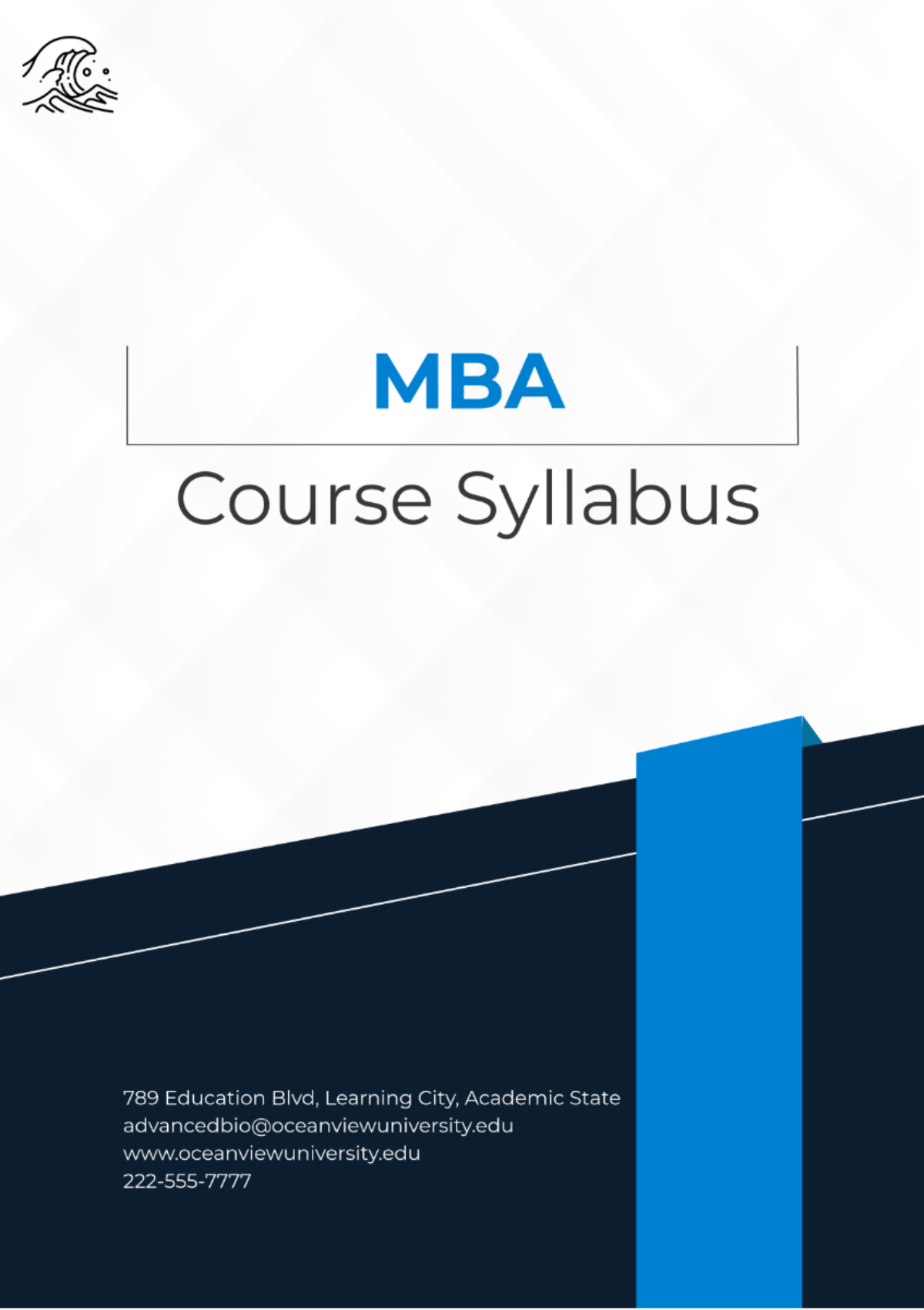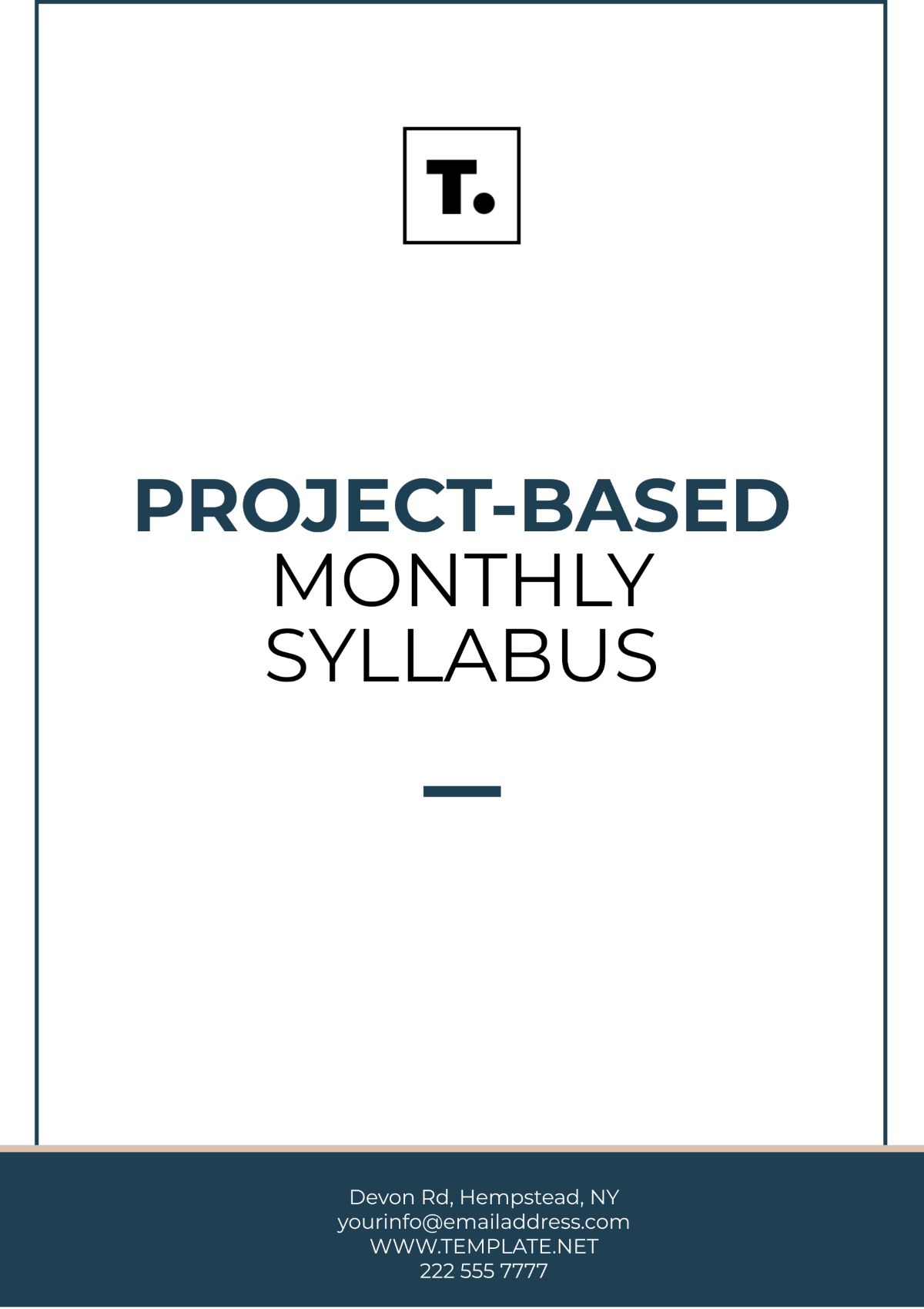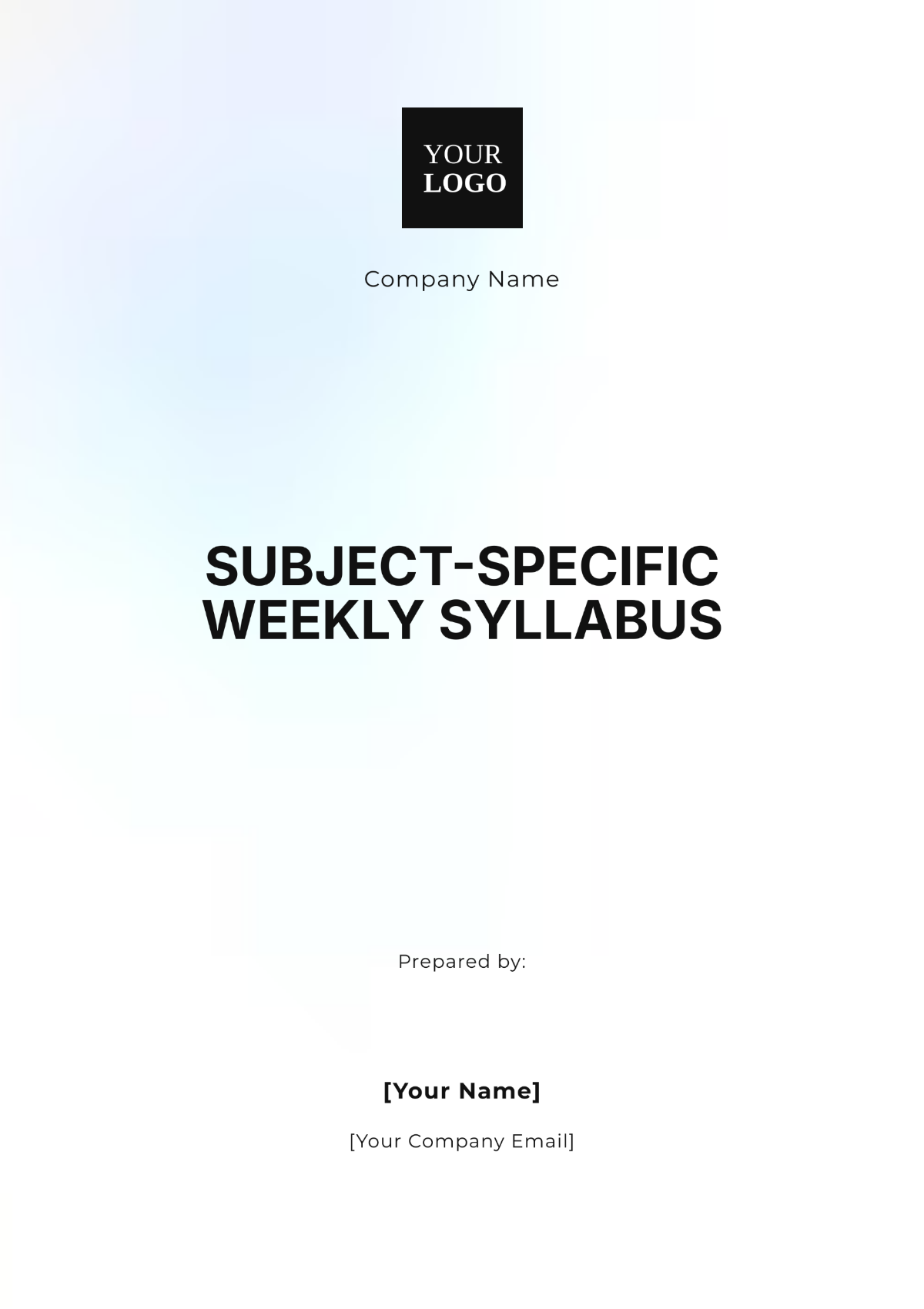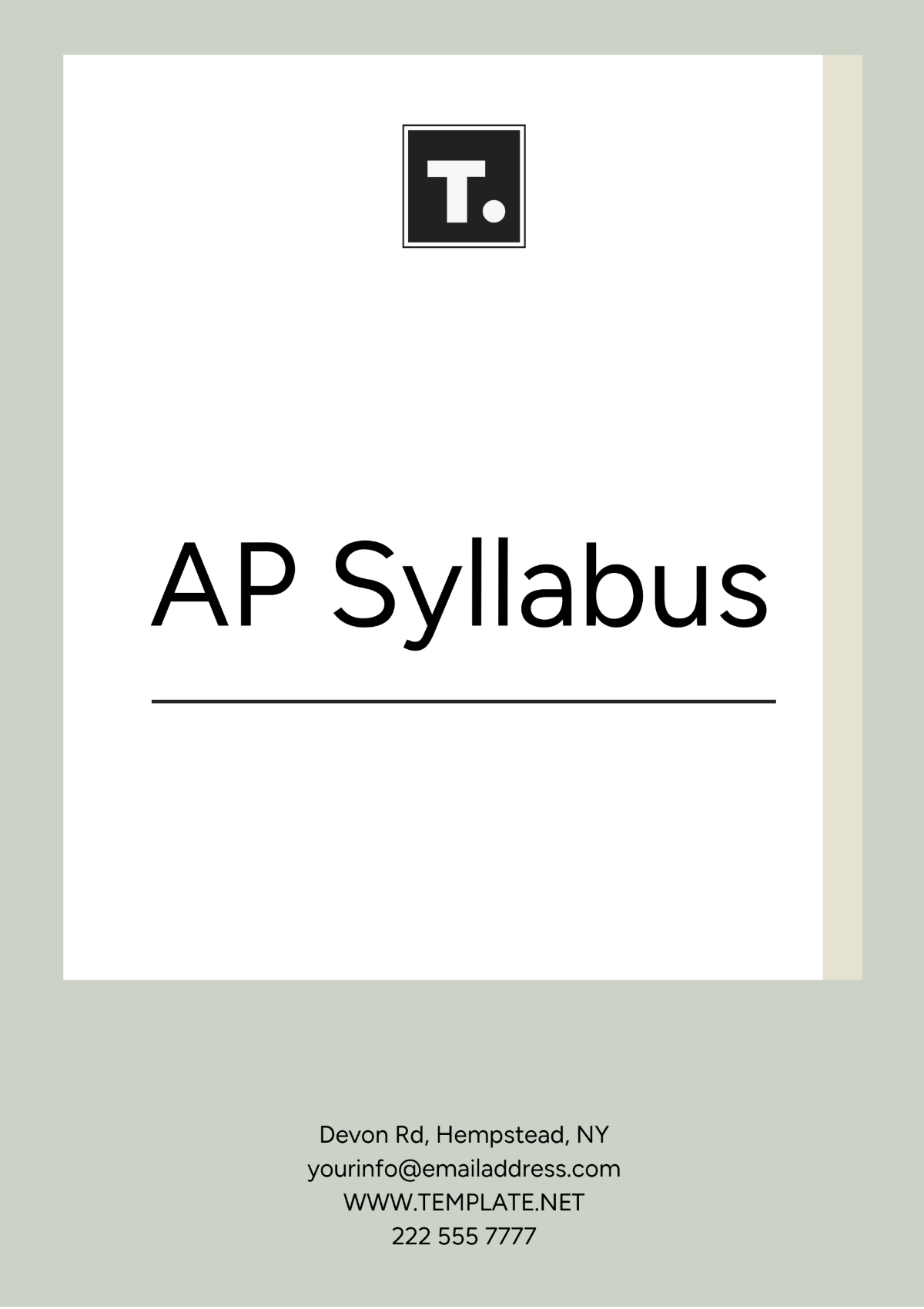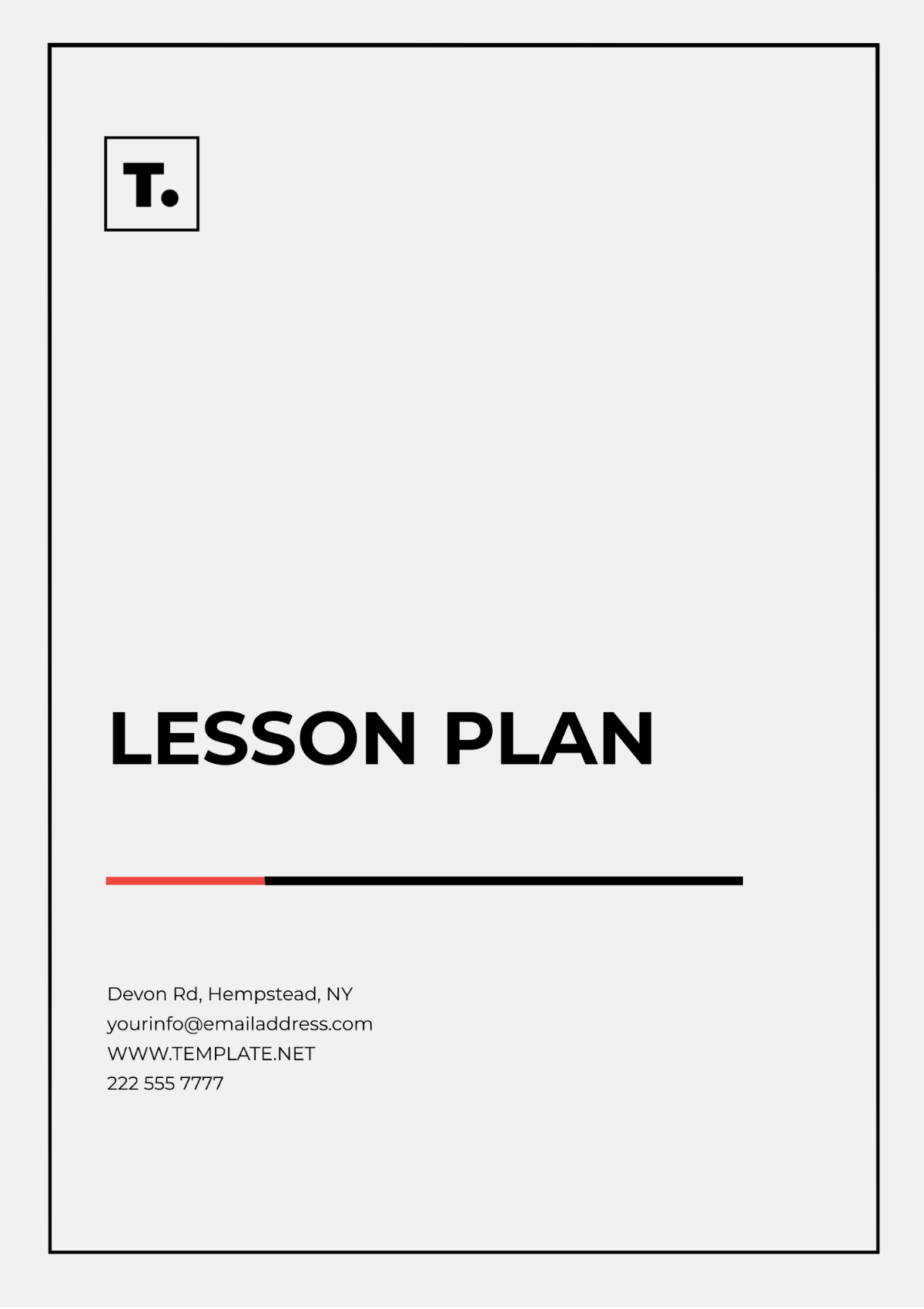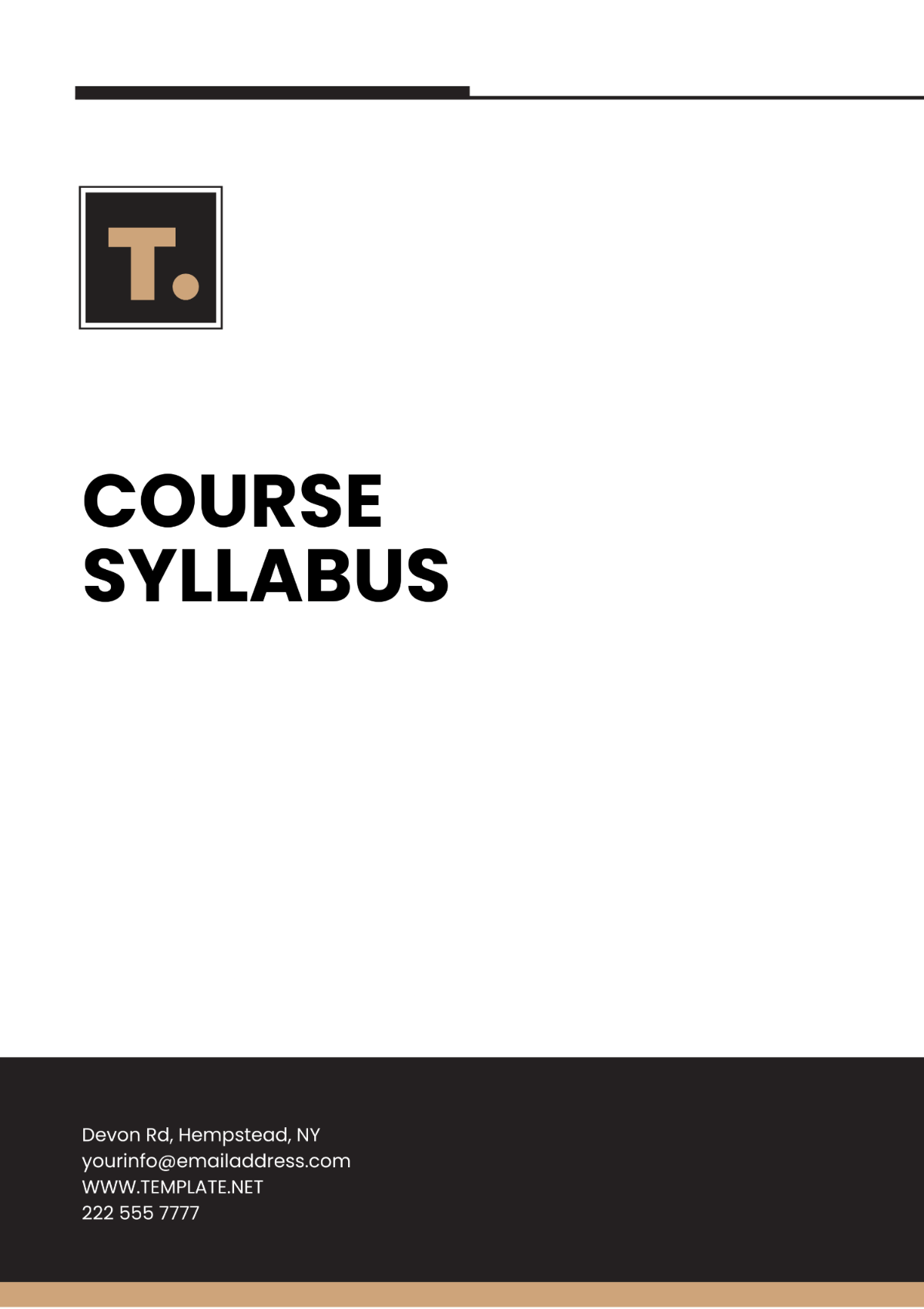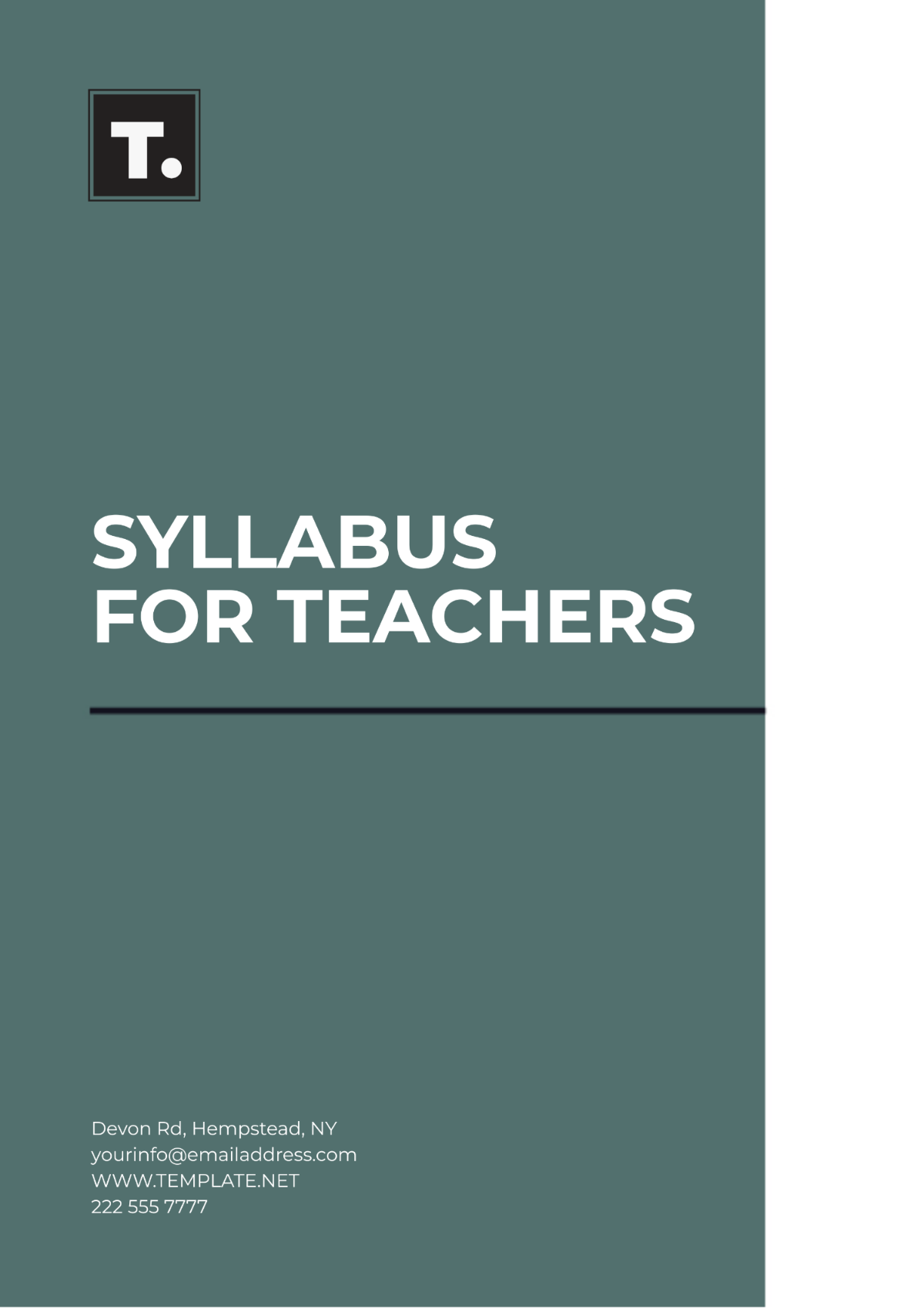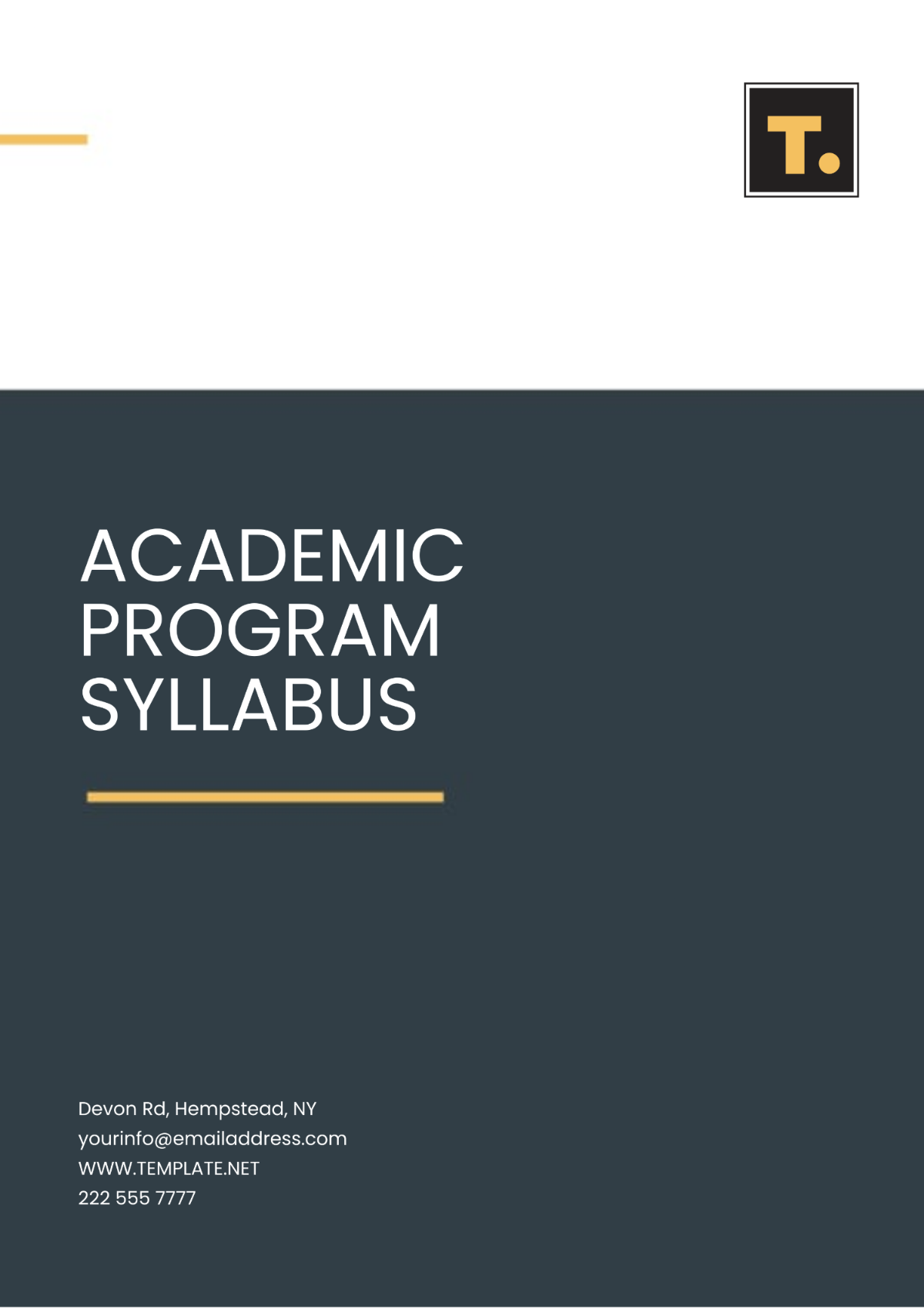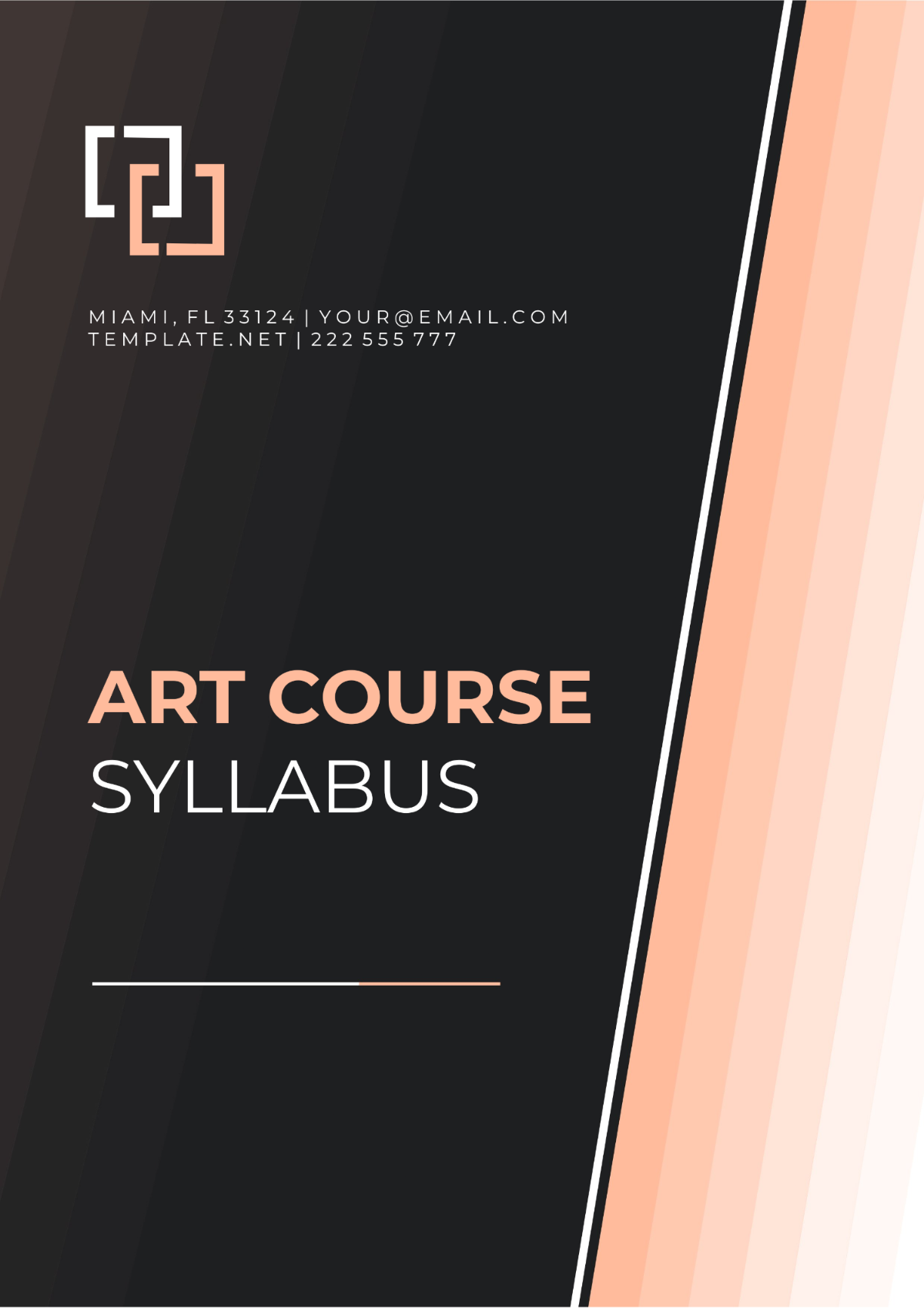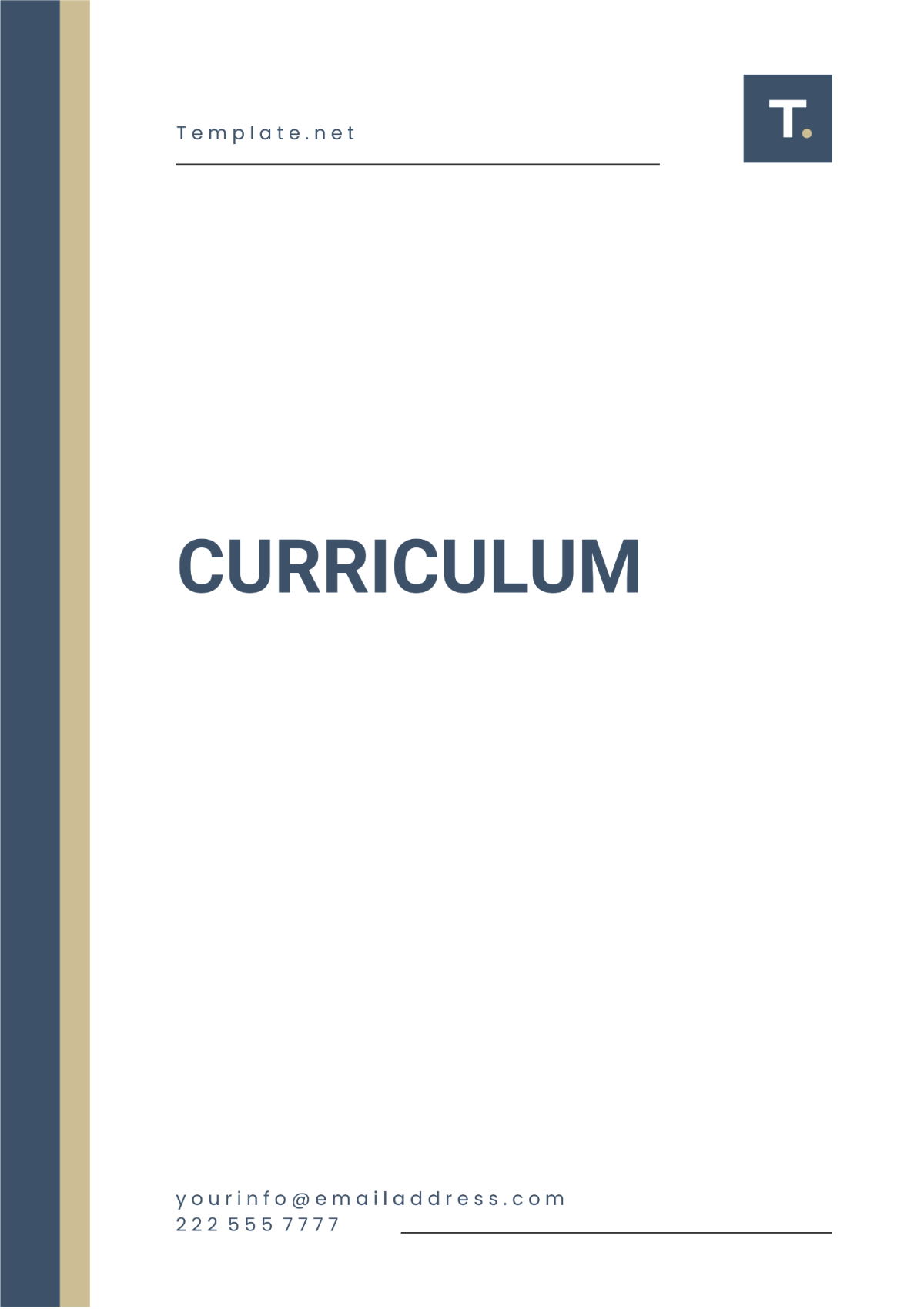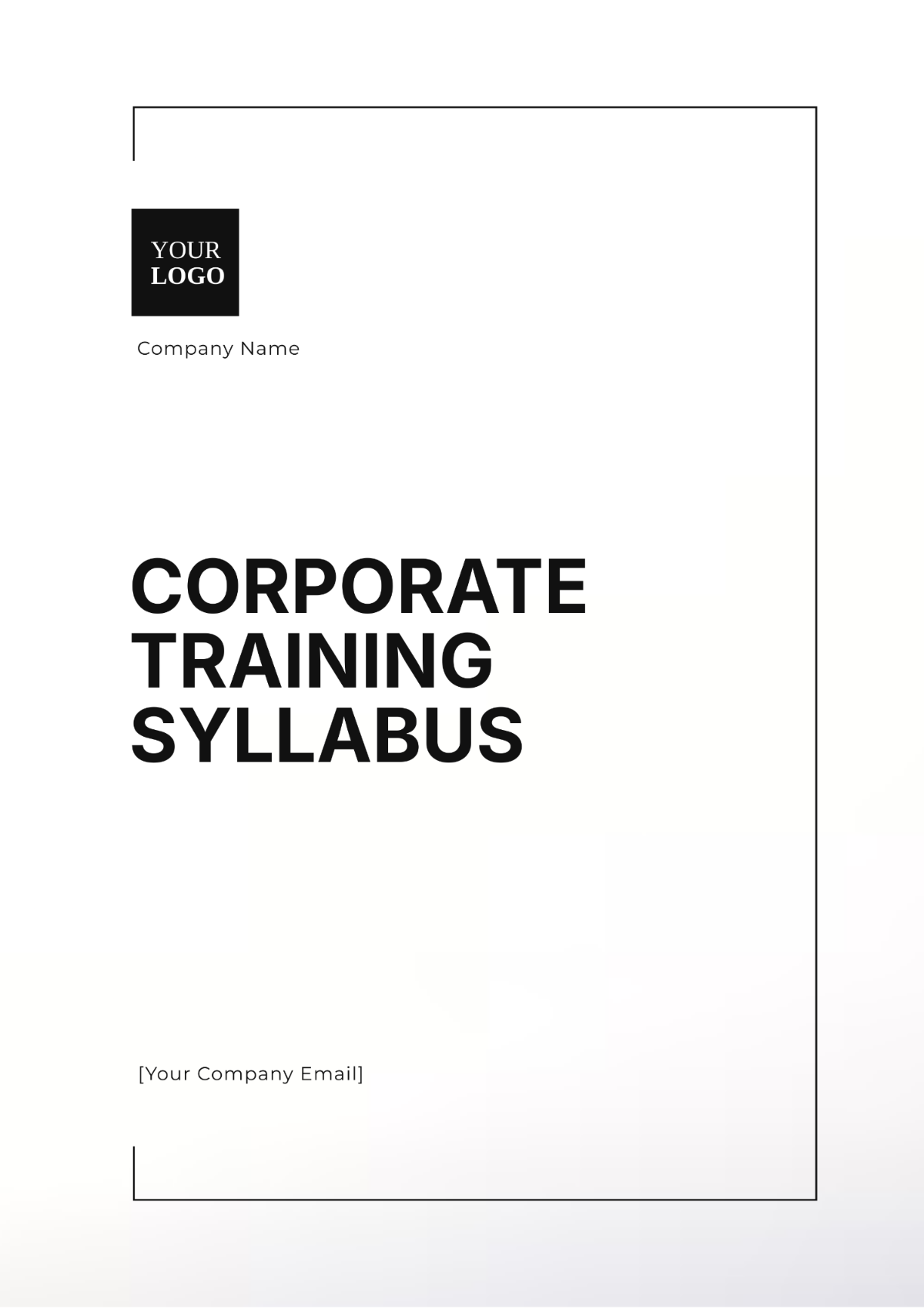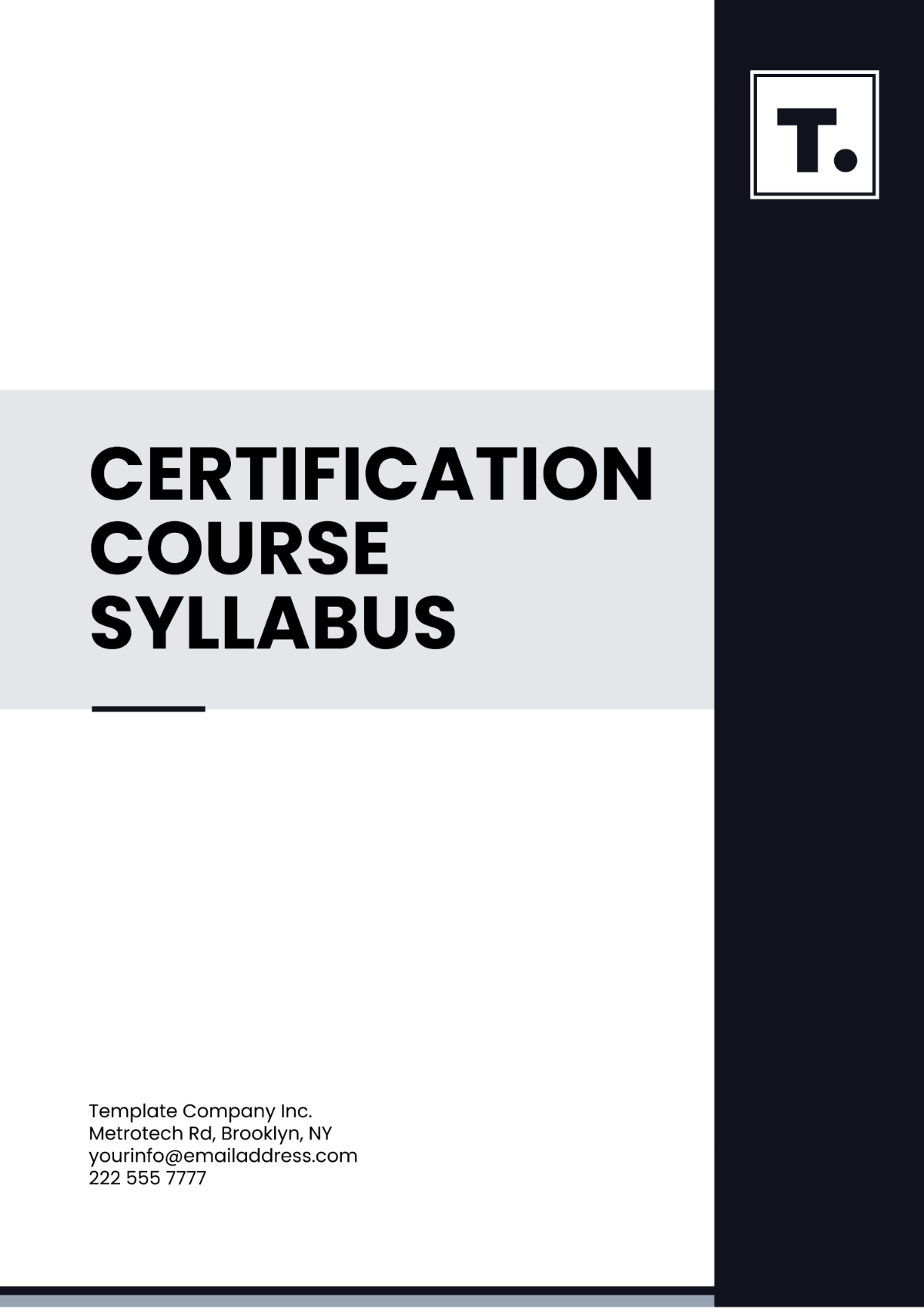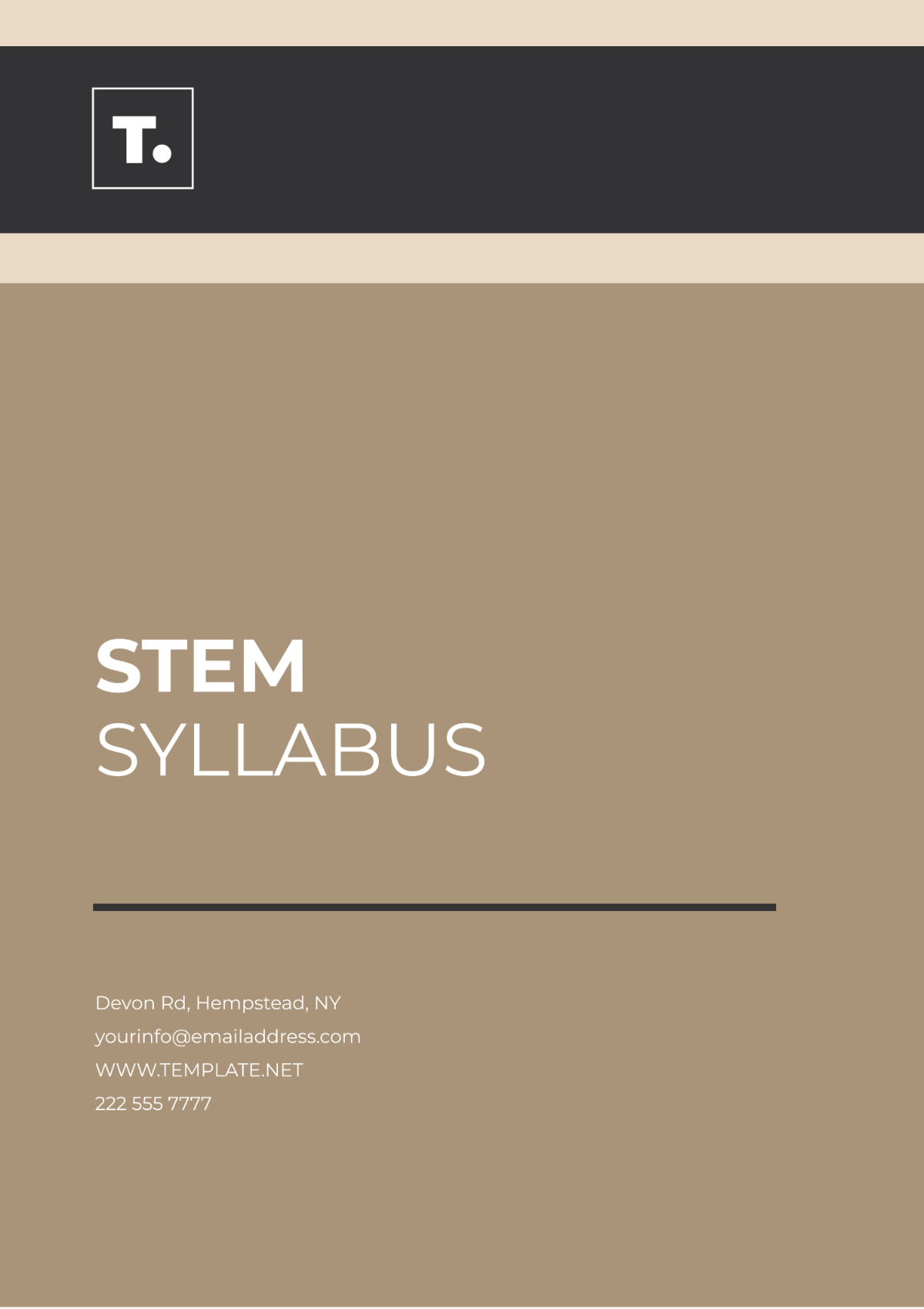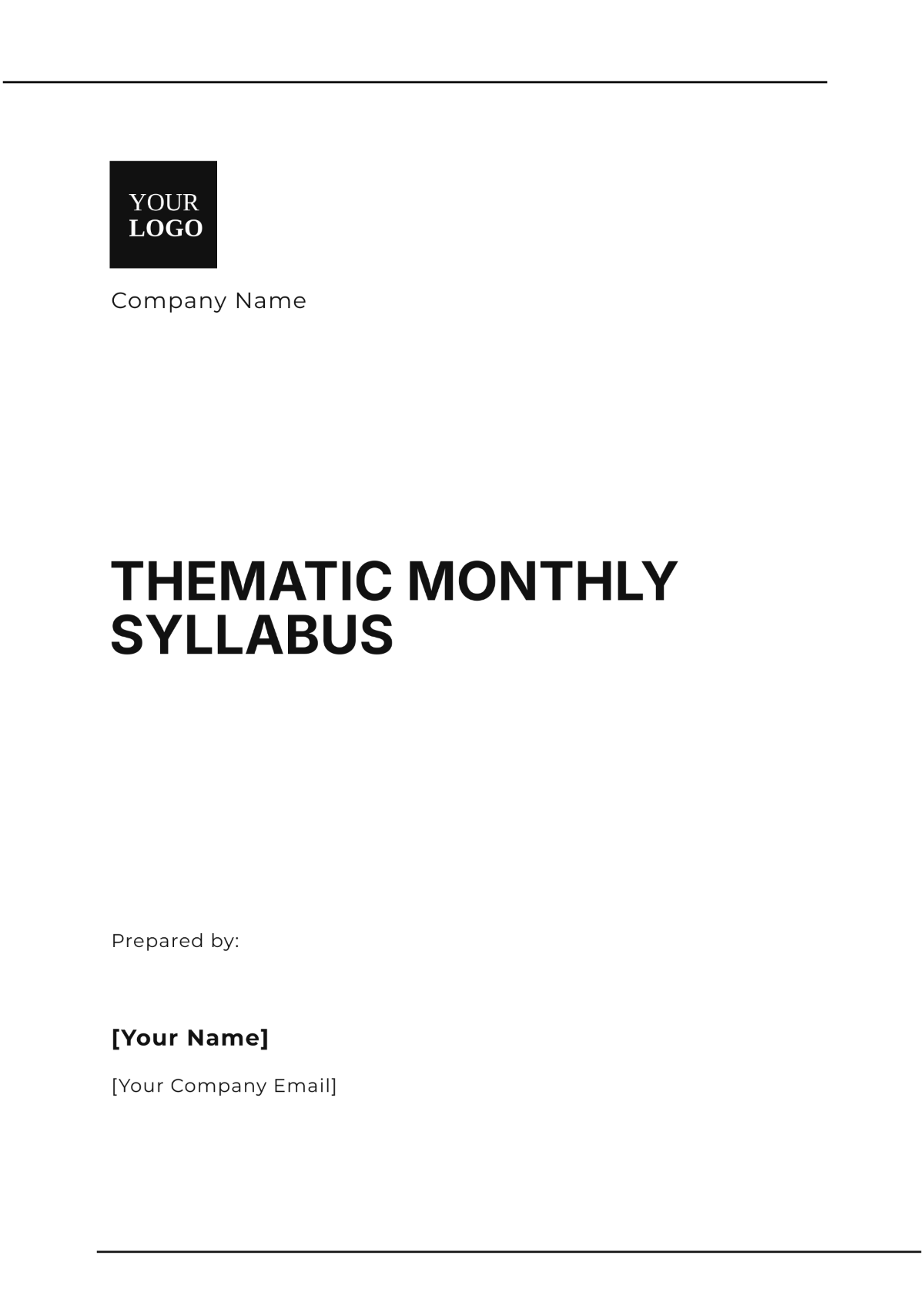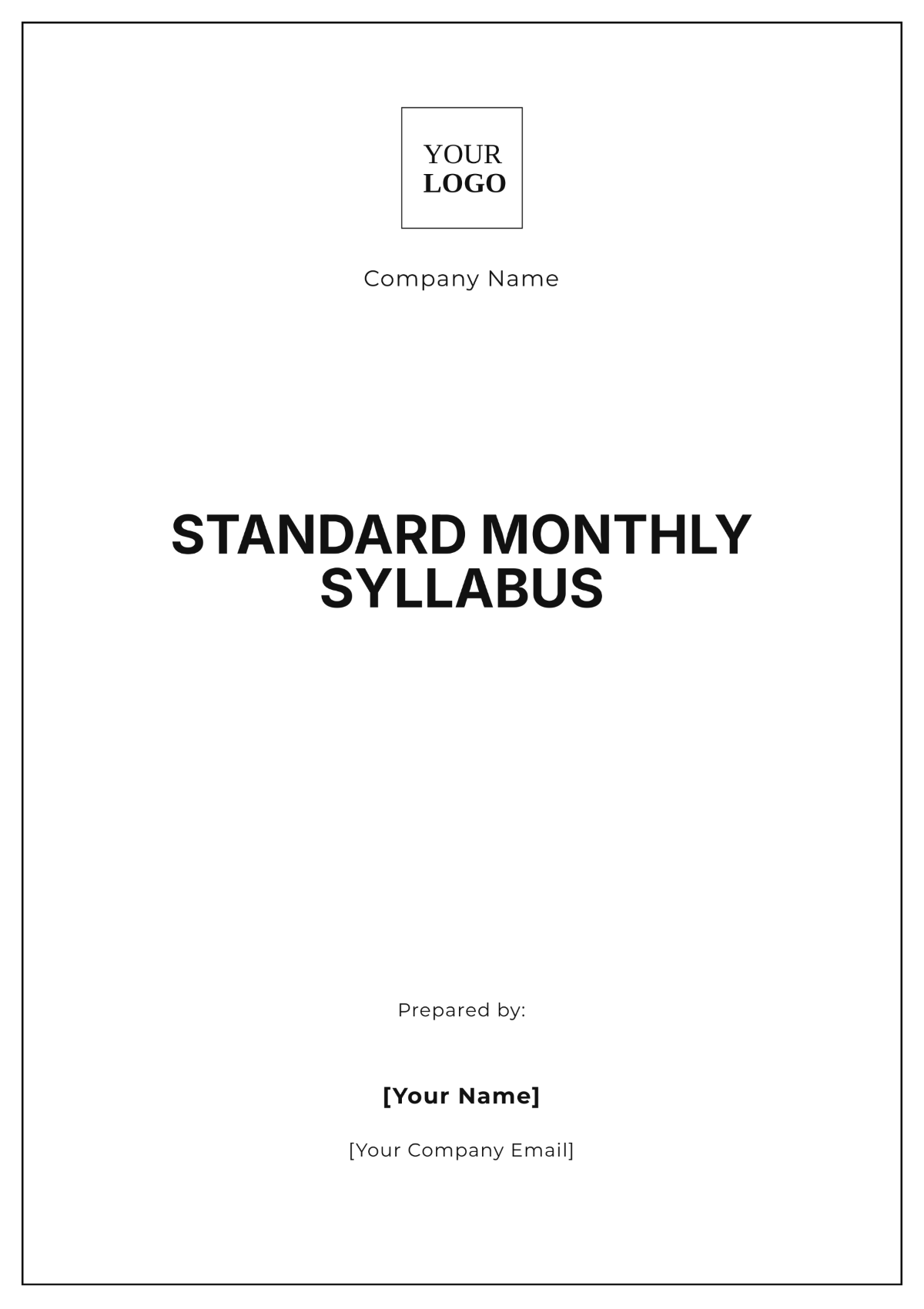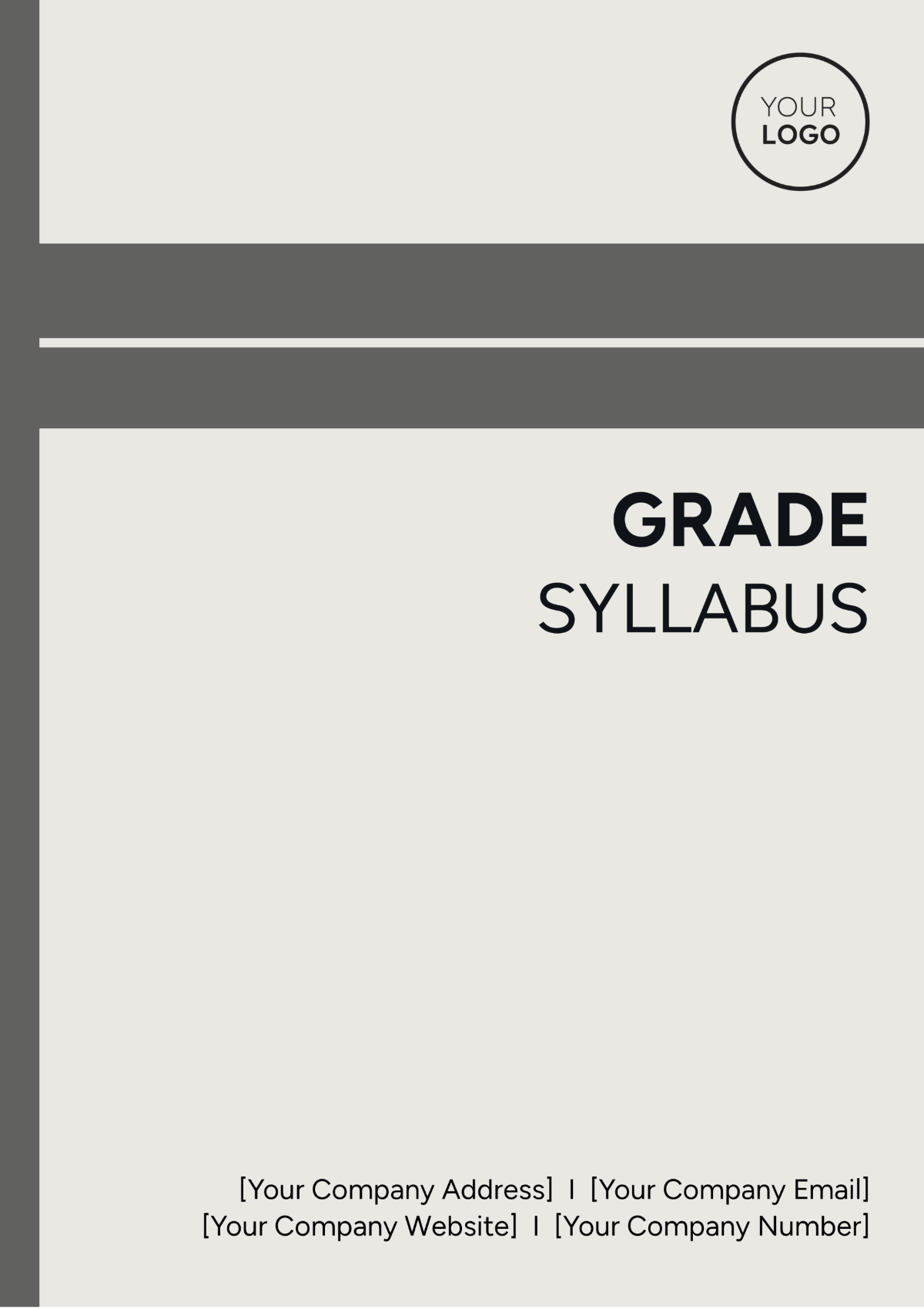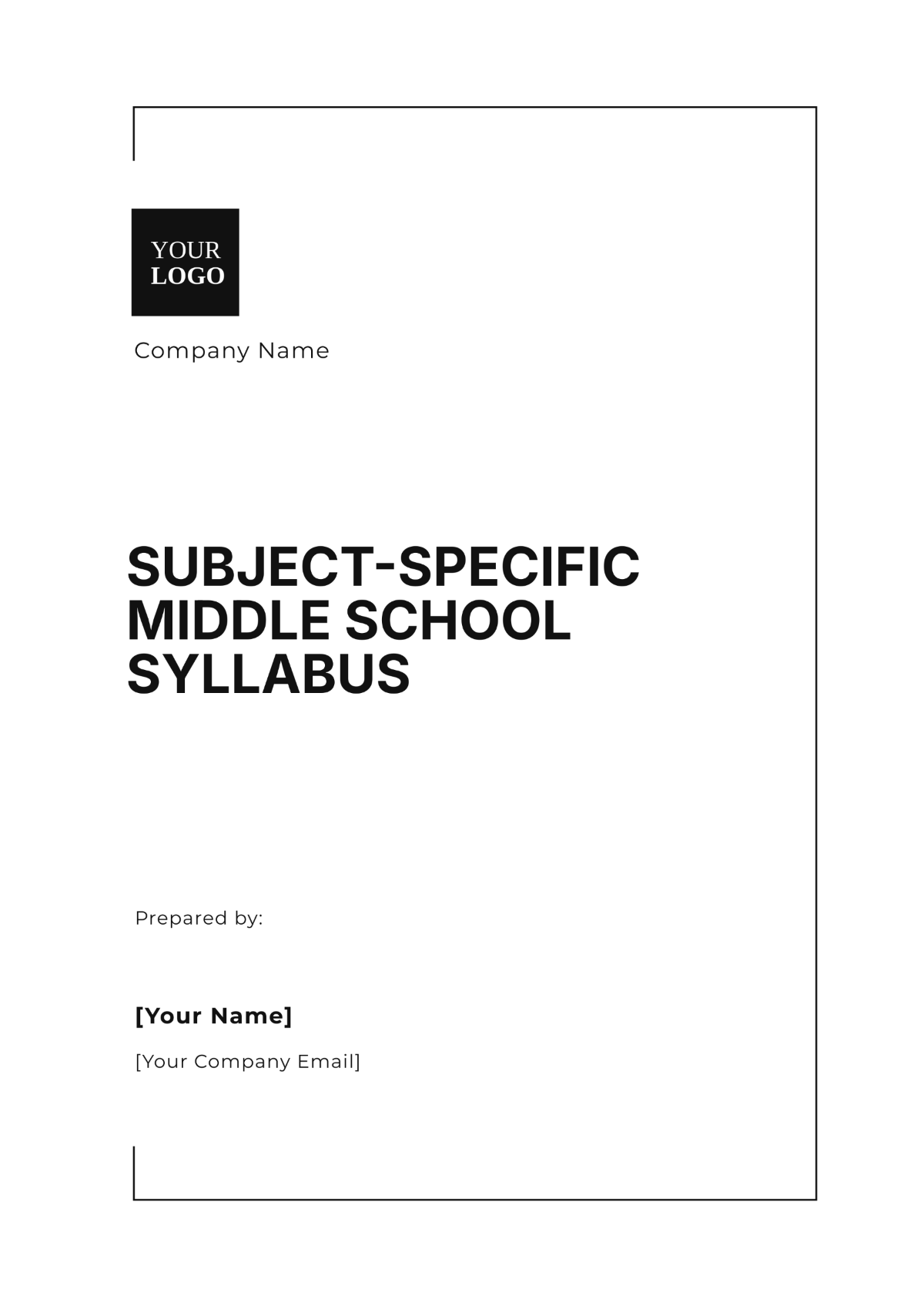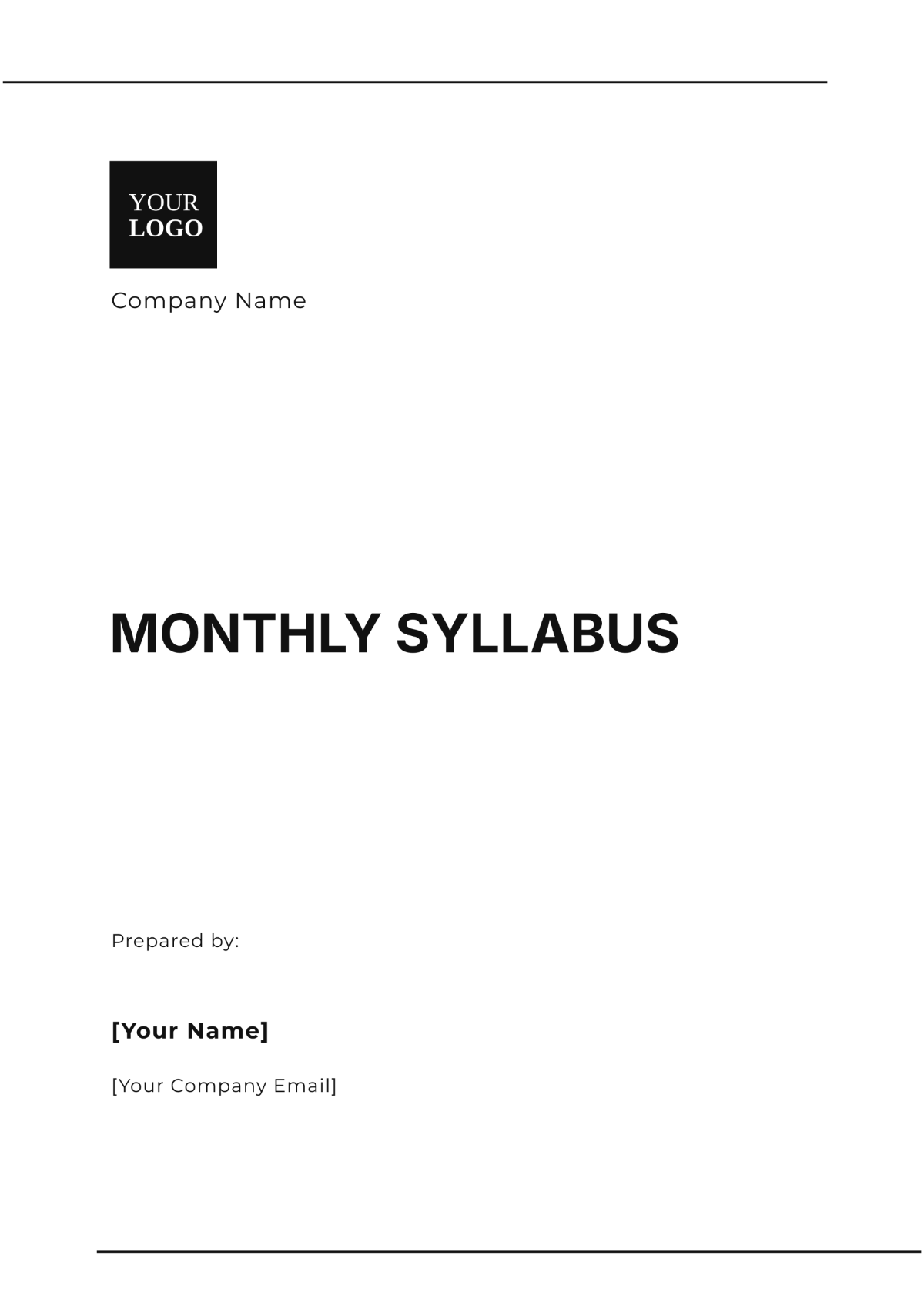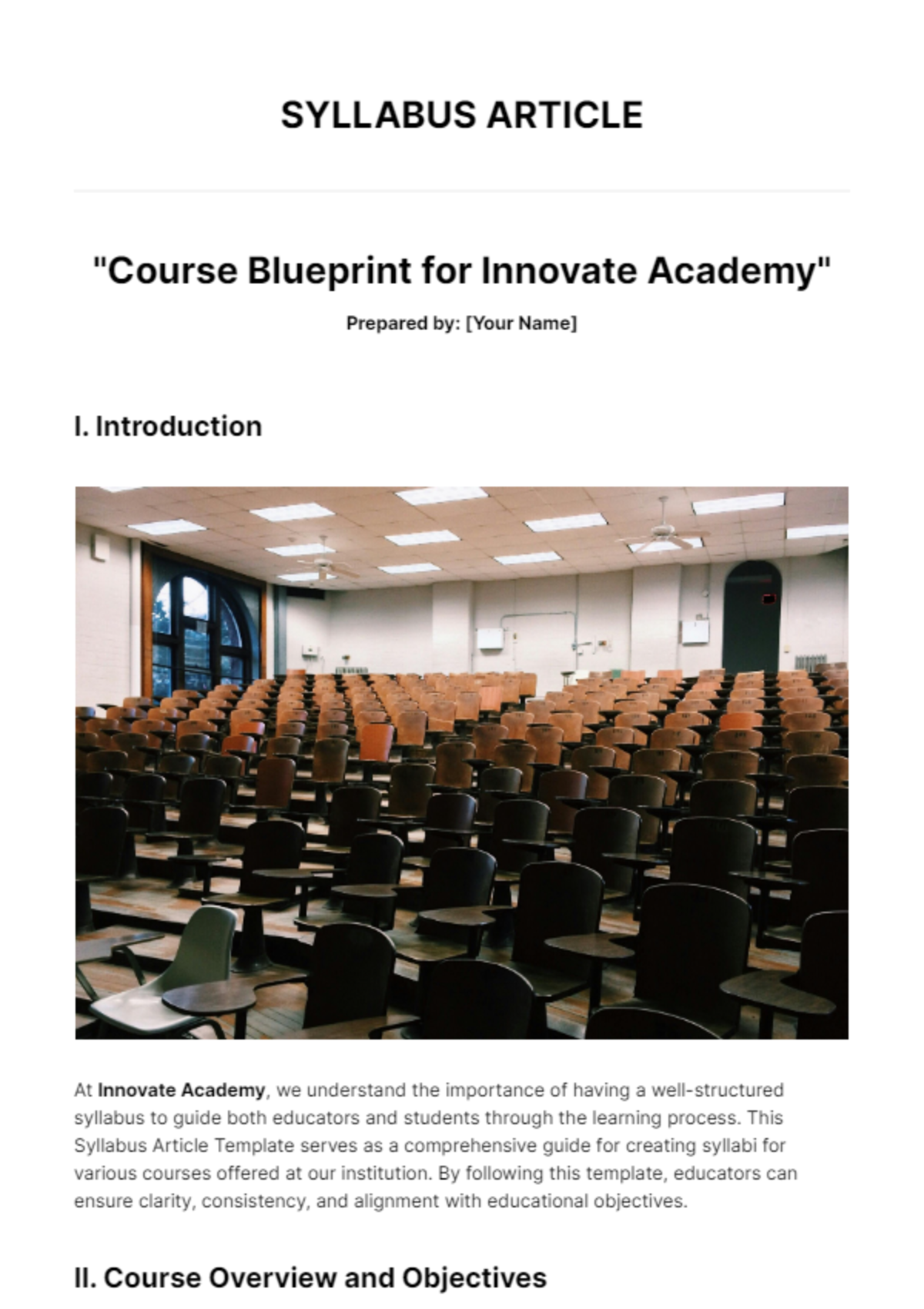Free Mythology Syllabus Template
Mythology Syllabus
Mythology Course
Course Title | [COURSE TITLE] |
Course Code | [COURSE CODE] |
Instructor Name | [YOUR NAME] |
[YOUR EMAIL] | |
Office Hours | [OFFICE HOURS] |
1. Course Description
This course offers a comprehensive investigation into the world of myths and mythological narratives. We will journey through time and across cultures to explore the fascinating stories that have shaped human civilization.
2. Instructor Information
Instructor: [YOUR NAME]
E-mail: [YOUR EMAIL]
Company: [YOUR COMPANY NAME]
3. Learning Objectives
Examine various mythologies from around the world to understand their cultural significance.
Identify common themes and archetypes across different mythological narratives.
Decode and interpret symbols employed within mythological texts.
Compare and contrast various story telling techniques used in myths.
Evaluate the influence of mythology on contemporary literature and art.
4. Course Schedule
Week | Topic | Reading |
|---|---|---|
1 | Introduction to Mythology | "The Power of Myth" by Joseph Campbell (Chapters 1-3) |
2 | Greek Mythology | "Mythology: Timeless Tales of Gods and Heroes" by Edith Hamilton (Chapters 1-3) |
3 | Roman Mythology | "Mythology: Timeless Tales of Gods and Heroes" by Edith Hamilton (Chapters 4-6) |
4 | Norse Mythology | "Norse Mythology" by Neil Gaiman (Selected Myths) |
5 | Egyptian Mythology | "Mythology: Timeless Tales of Gods and Heroes" by Edith Hamilton (Chapters 7-9) |
5. Required Reading and Materials
The Power of Myth by Joseph Campbell
The Hero With a Thousand Faces by Joseph Campbell
Bulfinch's Mythology by Thomas Bulfinch
The Complete World of Greek Mythology by Richard Buxton
Internet access for further reading and research
6. Assignments and Assessments
Midterm Essay: A 5 to 7 pages essay comparing and contrasting two different mythologies.
Final Group Project: A presentation analyzing the impact of mythology on a chosen element of popular culture.
Weekly reading summaries: Each week, students are required to submit a one-page summary of the week’s reading.
Participation: Active participation in class discussions, online forums, and group projects
Final Exam: A comprehensive examination covering all topics discussed in this course.
7. Course Policy
All assignments must be submitted on the due date. Late submissions will result in a 10% mark deduction for each day delayed.
Academic dishonesty, including plagiarism, will be reported and may result in deduction of grades, or more serious consequences.
Participation in all classes is mandatory. Students with more than 3 unexcused absences may fail the course.
Any form of discrimination or harassment will not be tolerated.
8. Grading Policy
The grading for this course will be based on the following distribution:
Category | Weight |
|---|---|
Midterm Essay | 20% |
Final Group Project | 20% |
Weekly Summaries | 30% |
Participation | 30% |
Final Exam | 20% |
9. Disclaimer
The syllabus that has been provided for the class is not immutable and may undergo revisions, modifications or alterations as needed, in response to the needs, requirements or demands of the class. These changes aim to meet the needs of a dynamic learning environment and to ensure the best possible learning experience for all students involved in this class. Therefore, it is highly recommended for students to get in touch with the instructor for any doubts, queries or concerns related to the changes in the syllabus.

